Today, I’m excited to share an exclusive guest post from Tree Franklyn. Tree is a former client of my 10-week Weight-Loss Jumpstart and founder of FindYourInnerHappy.com. During the Jumpstart program she lost 8 inches around her waist and became aware of her emotional eating patterns.
In her post below, Tree goes into rare detail about how she lost 8 inches by uncovering and stopping her emotional eating, and 3 steps that you can follow.
You can also get my Rule of 5 cheat sheet detailing the 5 foods to eat and 5 to avoid, which Tree used as an easy guide to losing those inches.
Welcome Tree!
__________________
My double-crossing hand kept shoving the BBQ potato chips in my mouth even though my brain was screaming to stop. “Only one,” I had promised myself when I ripped open the bag in a frenzied panic, “I’ll just suck on it like candy to make it last.” Like a crack addict needing her fix, I needed my BBQ potato chips, and my emotional eating habits made me do anything for that first crunchy hit.
One turned into two. Two turned into five. Five turned into the entire bag, plus several finger-lickin’-good swipes of the flavor remnants clinging to the inside of the hollow bag.
It was Tuesday, 3 pm, and the workday had gone from bad to worse. Incomplete keynote presentations due yesterday, back to back meetings, hundreds of emails needing answers I didn’t have, all marked urgent, and a looming five-year plan meeting around the corner. This was a typical day in the office for me.
After 6 years of working in a fast-paced, high-stress corporate job at a Fortune 500 company, 3 pm had become my moment of refuge in a day too busy to care. It was after the hectic rush of the morning and having gobbled my lunch at my desk between emails and phone calls, it was often the calm after the storm.
Only, it wasn’t after the storm
It was merely the eye of the hurricane, the other half of the storm impending, threatening to blow away all traces of my sanity and at the same time, blow up my waistline. Stress, anxiety, overstimulation, overwhelm and constant hurried angst became my norm 5 days a week, 12 hours a day.
Somehow, the potato chips took all those things away, as if each crunch lessened another morsel of stress.
Crunch, there goes the guilt for not being home in time to eat dinner with the family again.
Crunch, there goes the disappointment for toiling away another day, another month, another year, doing work that doesn’t fulfill me.
Another crunch, there goes the agitation for yet another 10 things added to my endless To-Do list that I won’t be able to get to this week.
The problem is there are only so many potato chips on this planet. And after eating an entire bag, even a snack size bag, I felt worse. After the initial high subsided, which only lasted about 10 seconds, I was back to stressed and anxious. Only now I’ve added shame, guilt and helplessness to the party mix of emotions.
I felt like I needed a stomach pump to get rid of all the sludge I just uncontrollably inhaled.
Too bad they don’t make an emotional pump to get rid of all the sludge I now feel.
The Root of Addictive Emotional Eating
Being a Highly Sensitive Person (HSP), emotions run deep in me. When I’m stressed, it affects me on a deeper level due to my innate genetic trait of high sensory processing sensitivity (SPS). The depth in which my brain processes information and external stimuli is much more intense than a person without high SPS and heightens my emotional responsiveness to situations.
In other words, put my favorite food in front of me when stressed and I’m Highly Screwed.
I didn’t realize I was addicted to emotional eating until I started working with Nagina. I had come to her after a health scare where my doctor weighed me at my heaviest.
130 pounds.
Not bad for 5’4”.
What am I complaining about, right? Poor little petite girl thinking she’s fat, wah!
But I discovered that addictive emotional eating is not one size fits all. In fact, it comes in all shapes and sizes, and has more to do with how you manage your emotions and, on a deeper level, how you inherently feel about yourself.
When you’re used to being active and looking like this most of your adult life:
And then you go into a foggy denial time warp, turn 40, get busy, stop taking care of yourself and come out on the other side looking like this:
When the fog finally clears and you look at yourself in the mirror and acknowledge for the first time how you’ve been abusing your body by not taking care of it anymore, it scares you.
Truth be told, it wasn’t the weight that scared me, it was the fact that I hated my body.
What matters was that somewhere along the way, I stopped loving myself wholly.
Being the spiritually oriented peace lover that I am, I couldn’t admit that to myself.
So instead, I turned that hatred against my body.
It didn’t matter if I was 10 pounds overweight or 100. I hated how I felt about it and worse, in it.
I hated wearing clothes one size up to fit more comfortably. After a long day at work, I put on my boyfriend’s pajama pants and large T-shirt when I got home because mine were too tight.
I hated buying maternity shirts to hide my unpregnant belly. I dreaded the day some unwitting stranger would ask me when I’m due and I’d have to awkwardly explain I’m not pregnant, I’m just weak and have a rogue hand that likes to shove bad food in my mouth.
Getting hungry was upsetting, especially because I always felt so full and heavy. I knew eating would only make me feel worse and even more bloated than I already felt all day every day.
I hated the six pack of fat rolls on my back. Wearing a form-fitting shirt only accentuated the bra fat and chunky ripples underneath.
I hated that every time I sat down, my belly would lap over my pants and I would constantly tug at my shirt to pull it out and hide my belly.
And most of all, I hated that every time my boyfriend told me I was beautiful, instead of feeling good, I’d silently wonder what he’s been smoking and hope that one day he doesn’t catch on how not-beautiful I really am.
I was spiraling into a dark, self-destructive hole with my body image and it was making me sick. Not just emotionally, but physically too.
I felt bloated, stuffed and lethargic all day. I had no energy. My body was merely a reflection of how I felt inside.
At the root of emotional eating on a consistent basis lies a lack of self-love.
Inside, I felt empty. So I tried to fill myself up with food. A nice warm creamy chicken pot pie after a long, draining day at work.
I thought it was my stomach that needed food, but instead, it was my soul that needed nourishment.
The Cycle of Addictive Emotional Eating
It had become my norm. I thought everyone felt that way. And I thought I was resigned to feeling that way forever unless I summoned all the willpower, discipline and motivation I had to work out every day and stop eating emotionally. I knew I had to try even harder and push myself more.
But that took too much time, energy and mental strength, none of which I had.
And that made me feel bad about myself.
Which made me eat more so I could feel better.
And made me feel worse.
Which made me eat even more to feel better.
Which made me feel even worse.
And on and on.
This was a typical day for me:
Because I already hated my body, I didn’t make healthy choices when stressed, I made choices that caused even more self-loathing.
After all, if you already hate your body, what’s another piece of chocolate or bag of potato chips?
It was a vicious cycle.
The Science Behind Addictive Emotional Eating
Once I started working with Nagina, she made me more conscious of what I put in my mouth throughout the day. I started paying attention to what I ate and since I work in the field of emotions, I immediately became mindful of how I FELT every time I had the urge to eat.
This led me to realize that I take on emotional eating to cope with daily stress.
I eat to stuff down my painful emotions.
I eat to take the edge off wanting to scream.
But the curious thing is I didn’t reach for celery stalks and broccoli, I sought out potato chips and ice cream.
Eating a celery stalk during a moment of stress was as exciting to me as, well, celery stalks. It had to be something bad, something sweet, salty, fatty or otherwise deliciously evil.
It made me wonder why, in a moment of stress, do we feel compelled to eat this:
Instead of this?
My addiction to emotional eating instead of following a balanced diet fascinated me, so I started doing some research.
I found my answer in this article from the Food Addiction Institute which says that “humans produce opioids – the chemically active ingredient in heroin, cocaine and other narcotics – as a derivative of the digestion of excess sugars and fats.”
The plain English version:
Our bodies don’t produce addictive chemicals when we eat celery, therefore we don’t crave it when we need a mood-lifter.
That is, of course, unless we deep fry it in lard and dip it in powdered sugar.
Furthermore, Dr. Sarah Leibowitz of Rockefeller University found that “overconsumption of fats can be correlated with brain systems which, when activated, further stimulate the intake of fat.”
The plain English version:
That’s why I can’t eat just one potato chip.
That is, of course, unless you hogtie me. But you bet I’ll try to reach it fervently (and shamelessly) with my tongue.
I can’t help it. Addicting fat has stimulated my brain to take in more of it!
After weeks of research, I understood that my body produced addicting chemicals that drove my emotional eating. My brain fired neurons that made me want to eat more after the first bite! But even with all the brain imaging research, I found genetic tests and studies on addictive and emotional eating, I still wondered how it all tied to my emotions and why I use these foods to make me feel better.
Dr. Cynthia Buffington, Director of Research and Education at Florida Hospital Celebration Health’s Metabolic Medicine and Surgery Institute, says “Eating foods high in sugar or fat, or even the smell or taste of an individual’s favorite food, activates the dopamine reward system, producing pleasure and satisfaction… It is possible, therefore, that individuals with food addictions may be eating more and more food to increase dopamine activities and improve their mood.”
The plain English version:
Eating sugars and fats are not only addicting, they also make you feel better.
The even plainer English version:
I’m even more screwed than I initially thought.
How am I ever going to stop emotional eating? How will I stop eating an entire pint of ice cream when I’m upset if everything in my body is working against me?
Fortunately, the answer is not as impossible as it seems.
Breaking Free From Emotional Eating
I’m happy to say that I haven’t had one single bout with emotional eating since I’ve discovered the solution. With Nagina’s one on one support and coaching, I don’t even crave junk food anymore.
Even when I’m stressed.
Here’s where I am now.
I’ve lost 8 inches off my waist. I went from 35” at my bellybutton to 27”.
Not only that, but my definition came back, without doing one single sit up!
I bought a cute bikini (I haven’t worn a bikini in public in 5 years!) and can’t wait for summer.
Gone are the baby doll and maternity shirts, I actually buy clothes that are true to size (4).
I feel light and strong and have tons more energy. I’m starting to get back into kickboxing and speed bag training, as having this energy has motivated me to work out again.
A side note about exercise and working out:
I lost these inches WITHOUT working out. Not one damn sit up. No planks, no crunches, no cardio, no nothing! When I first hired Nagina, I was adamant that I didn’t want to work out. We talked about my weight-loss goals and I told her that I refused to do even one sit up.
Why? Because I had tried to re-establish a regular workout schedule countless times over the years and I always fell out again. It was disappointing and made me feel weak, undisciplined and like a loser. Every time I’d motivate myself to consistently work out, at best, I’d last 2 long, grueling weeks and then give up. I don’t know why it was like lifting a ton of lead off me, and I didn’t have the time, energy or determination to figure it out. I just didn’t want to deal with it.
She understood my resistance, time restraints and lack of motivation, and offered me a food-based plan that would help me achieve my weight-loss goals.
Knowing my conviction against exercising, she gently mentioned that she might introduce working out several weeks into our plan but that we’d focus on food and spices for now.
I wanted to work with her so badly that I agreed that she could at least introduce it if she wanted to (secretly knowing I wouldn’t take action).
I didn’t exercise a single day during our 10-week coaching sessions.
But now that I’ve jumped over the hurdle of constant bloated lethargy and self-loathing, I feel energized and confident again. I actually WANT to exercise. I don’t have to drag myself into sneakers and workout pants, I spring up ready to go and I actually miss it when I don’t do it.
My emotional eating is completely gone now. I can be in a moment of emotional distress, walk past a free all-you-can-eat buffet of potato chips, chocolate cake, french fries or ice cream and not think twice about putting it in my mouth. It simply doesn’t do anything for me anymore.
Here’s exactly what I did to stop emotional eating and lose 8 inches from my waist in 10 weeks.
And the best part is it doesn’t have anything to do with discipline, determination or self-control.
How to Stop Emotional Eating: The 3 M’s to End Eating for Comfort
It has to do with three things:
- Mindset
- Minor Actions
- Momentum
In a strange, psychologically convoluted way, eating a bag of potato chips or any junk food when stressed was my way of regaining control. It was the one small thing I could control in a day filled with doing things for others. With a hundred emails to answer, endless meetings to attend and an overload of stress, I found refuge at the bottom of a bag of potato chips.
Chips didn’t schedule time-suck meetings, nor did they send me emails asking for projects to be complete yesterday. I may have no say in my corporate job over whether I have to attend the 4pm meeting, but I sure as hell can choose to eat those potato chips at 3pm.
Ironically, even though it gave me a sense of control, doing so actually made me feel more out of control, especially when I couldn’t stop at just one.
The plain English version:
I was being duped by a sense of control.
I thought I was regaining control but in actuality, it was just a cheap, useless imitation, like dry, baked potato chips without the fried scrumptiousness that leaves lingering, oily residue on your fingers to savor afterwards.
Once I recognized the psychological reason for my emotional eating and saw the fallacy of it, I set about to change my mindset. I knew my body was already working against me with its physical addiction to fats and sugars. I figured if I could get my mindset on board, that would help shift my body’s response.
Shifting my mindset was actually easy and almost instantaneous because I had the power of momentum to help me.
I followed Nagina’s meal plan like a mindless robot, only during the times when I wasn’t emotionally distressed, . I have too many things to think about every day and deciding what to eat was yet another annoying thing that took up too much mental real estate in my deep fried mind.
So Nagina told me exactly what to cook, when to cook it, when to eat it and why. She gave me a weekly recipe plan along with a grocery shopping list. She spelled everything out down to a T-bone. My breakfasts, morning snacks, lunches and most weekday dinners, along with all my meals and snacks on the weekends were Nagina’s recipes.
My rule was simple: if it’s not on her list, it’s not going in my mouth.
Key #1: Keep it simple and structured.
Within structure lies freedom. Because Nagina provided the meal structure, I was free to focus on other things that were important to me. Like my family, my corporate job and my personal business. I didn’t have to worry about what I was going to make for lunch the next day or what I needed to buy at the grocery store for the week.
This structure also provided me the freedom to not make mistakes or emotional eating decisions since all my meals were decided for me. Letting Nagina do all the prep and mental work for me took away any complications and further set me up to effortlessly achieve my weight-loss goals.
The meals are mouth-wateringly delicious, which made it an easy no brainer to follow.
The only times I deviated from her plan were when I started to feel stressed or anxious, which usually only occurred on a weekday around 3 pm, and sometimes in the evening after I arrived home from work when I was unable to let the work day go.
This leads to the next key.
Key #2: Taking advantage of the times you’re NOT emotionally distressed to build better habits and create momentum by
In my work with empaths and Highly Sensitive women, I teach them how to set themselves up for success before they start to feel overwhelmed, anxious or agitated, so that when the emotional moment comes that usually drains their energy, they’re stronger to withstand the hits and can process it sooner, often to the point where the emotional hits don’t even reach them anymore.
It didn’t dawn on me to use this on my own emotional eating hits, mainly because I hadn’t given myself a chance to feel the stress consciously. I usually numbed out on food quickly before I could feel it and wasn’t even aware that I was doing it.
The premise of this is simple:
If you create existing momentum BEFORE you get stressed, that momentum will help carry you through your stressful moments.
Since I was mostly following Nagina’s plan a minimum of 3 out of 5 times a day (the other 2 times being 3 pm snack and some dinners), I started feeling lighter and less bloated. I started noticing the difference in my energy level and how I felt after every snack and meal.
I didn’t feel hungry after a meal like I’d always felt before when on a diet. And I didn’t feel stuffed and bloated like I’d always felt before when not on diet. Her recipes eradicated the two extremes. I felt vibrant, light, strong and full of energy. My stomach immediately became flatter, overnight, and I felt amazing.
The desire and momentum to continue feeling this way overrode the stress from my 3 pm weekday lull. It became easier and easier to break the addictive emotional eating cycle the more I stuck to the plan even when stressed.
My mindset shifted from wanting to find a sense of control and comfort in a bag of potato chips to actually knowing that I was already in control by maintaining my feel-good, light and energized state, which became more important than a fleeting and false sense of emotional eating.
Key #3: Adopt Nagina’s mindset that you’re not depriving yourself of a cookie, you’re stopping yourself from feeling bad.
In the case of an emotional eater, you’re stopping yourself from feeling worse. You already feel bad, that’s why you want to reach for that cookie. But instead of thinking of it as you’re depriving yourself of comfort in the form of potato chips or cookies, you’re actually stopping yourself from feeling bloated and lethargic (and guilty, ashamed, helpless, etc., all of which follow an emotional eating binge, and as the cycle predicts, reinforces it).
Until you actually know what it feels like to be full of energy, eat delicious, nutritious food and feel absolutely amazing in your body, a piece of chocolate cake seems like the next viable answer to your stress.
I had forgotten what it felt like to be healthy. I hadn’t been healthy in quite a few years, and for at least 5 years, I yo-yo’d between always being hungry and eating bland food (when on a diet) and always being bloated and eating rich food (when not on diet). Giving up dieting and counting calories two years ago followed the realization that I always felt like crap and obsessed even more about food when on diet.
It wasn’t until I started eating the right foods on Nagina’s plan that I finally felt, for the first time in years, like the best version of me. Sexy, confident, light, energized and strong. Once I had a taste of this, there was no way a greasy potato chip could ever come close to that!
At first, while I was still building momentum and wavering between the two worlds, taking small, minor actions helped leverage me toward the big success. Until I had reached full-speed momentum, I made small and better decisions throughout the day that netted great results.
I took the following actions:
Overcoming Emotional Eating: 3 Actions & Mindsets to Stop
I took advantage of the mental and emotional strength I had and made better food choices, when not stressed out. This action becomes ingrained as you do this more when calm and composed. Once it shifts from a conscious action to an unconscious habit, it’s automatic and effortless. This will rescue you during your times of stress.
I was faced with either eating unhealthy food for fleeting comfort and a sense of control or eating healthy food and continue feeling great about my body and my self when stressed. While this may seem like an obvious, logical choice, emotional distress eats away all logic and rationality.
When you’re emotionally distressed, all you want is to feel better. It doesn’t matter how or why your base impulse is to feel better now. Your body cells are on red alert and sending signals to your brain to figure out a way to feel better quickly. In general, we humans are uncomfortable with uncomfortable feelings. Rightly so, since we’ve never really been taught to deal with them. We’re often taught to stuff them down, deny or resist them, just smile and be happy, suck it up, look on the bright side, etc.
Fortunately, I’m an expert on emotions and was able to incorporate some of my emotional work that I teach clients into my own emotional eating problems.
Once I actually recognized that I had an emotional eating problem, I took these actions steps to turn myself around.
1 – HACK INTO YOUR BODY’S HAPPY CHEMICALS TO Reduce the Urges of Emotional Eating
A) DOPAMINE:
Your body releases dopamine when you achieve a goal. This brings a surge of pleasure as reinforcement for a job well done.
Breaking your goals up into bite-size chunks and celebrating multiple small wins throughout the day instead of waiting for the finish line to reward yourself, you’ll feel surges of dopamine flow through more frequently, making you feel better more often, and therefore less vulnerable to stress and anxiety attacks which send you into a Doritos-induced nosedive.
Instead of waiting until you lose the 10 pounds to celebrate, for every snack or meal you eat that’s good for you, reward yourself. Not with cake! Instead, pause for a moment to recognize how well you’re taking care of your body, how good you’re being to yourself and become your own best cheerleader.
Or buy yourself something that looks and feels amazing on you. Try it, whether it’s new earrings, a new blouse or even a new hairdo. Treat yourself the way you’ve always wanted to be treated by others. The more good things you do for yourself, the more dopamine pumps through your system. Then, instead of being on a downward shame spiral, you’ll be in an upward feel-good spiral that feeds off itself and builds momentum.
Instead of getting your dopamine rewards by emotional eating, create it internally by treating yourself better in small ways throughout the day.
B) ENDORPHINS:
According to Medicine Net, “secretion of endorphins leads to feelings of euphoria, modulation of appetite, the release of sex hormones, and enhancement of the immune response.” This is a goldmine of reward in one chemical naturally created in your body. Not only do you feel happier, but you’re also more able to control your appetite. Your desire for sex increases (which your partner undoubtedly will appreciate) and you’re strengthening your immune system. This all at the same time!
Finding healthier ways to increase endorphins to give your body the “high” it’s looking for is an all-around win for you (and as my boyfriend recently discovered, for him too).
This is an exercise I teach my clients when they’re feeling a powerful emotion, like anger, that hits suddenly, intensely. While I haven’t felt anger in a long time, I decided to use this during my 3 pm lull because I had developed a routine. A 6-year habit of unhealthy actions at this same time every weekday. I knew it would take a powerful disruption to move out of it. Especially since it had duped me for so long.
In the exact moment that I felt the urge to reach for an unhealthy snack, instead, I would go into my office, empty conference room or file room, lock the door, take off my heels and jump up and down like a crazy banshee.
Yep. A crazy banshee.
Arms waving in the air, hair whipping all over the place and tongue sticking out.
If you’re able to make nonsensical spontaneous whoops and sounds vocally, even better.
It’s not pretty, but it works.
This is a very unconventional way to break out of an emotional spell. The unconventionality of it is what makes it work so well.
Aside from the stark distraction factor, the burst of physical exertion was enough to activate enough endorphins that I would feel better only after a few seconds. Those few seconds were enough to catapult me into a better feeling place. Now I could make more logical and healthy decisions.
It was also fun and made me feel silly and laugh at myself. Laughter, by the way, also increases endorphins.
My clients LOVE this exercise! It’s quick, easy and just disruptive enough to knock you back into your light, playful self.
And when you’re done and feel better, don’t forget to reward yourself for taking an act of self-care.
Speaking of reward…
2 – FIND A HEALTHIER BASIS OF REWARD
Once my stomach became flatter, I got addicted to looking at it in the mirror. I was so obsessed! I couldn’t walk by my bathroom mirror without pulling my shirt up and admiring it. It was as though I had just been given abs to play with, like a new toy on Christmas day.
I even emailed Nagina and asked her if that was normal. She assured me it was just fine and to be expected.
I quickly learned that the reward is what you see in the mirror, not what’s on the plate. Looking in the mirror and seeing a flatter belly gives me a euphoric high. A deeper sense of satisfaction and achievement. Trying to find that same feeling on a plate as chocolate cake, for example, falls short and ends up causing even more negative feelings that lead to the shame cycle of emotional eating.
A reward is also what you feel, not what you eat. Eating unhealthily was no longer a reward, it became a punishment. A reward should feel good, not make you want to go into a coma and lie motionless on the couch with your button undone and belly fat plopping out all over the floor. It should energize you, not make you feel lethargic, bloated and self-loathing. Most importantly, a reward should be a celebration of your achievements, not a desecration of your body.
And for the rebel in all of us, the renegades that shun convention, rules and regulations:
3 – Allow yourself a cheat day, guilt-free.
Though Nagina’s plan came with a cheat day once a week, I found myself still feeling guilty for eating poorly. It took a couple weeks for me to realize the guilt fed into the shame cycle of emotional eating. It wasn’t helping me, so I decided to give myself full permission to be bad. And it allowed the independent, live-in-the-moment hippie in me to have her freedom and give her a sense that she can still eat whatever she wants.
Knowing I had one day a week where I could eat whatever I wanted helped me make better decisions. Faced with the urge to eat a cookie, then, I told myself I could eat 10 on Friday if I wanted. I just had to wait. That was often enough incentive for me to not eat it.
In my household, Friday is family date night.
My boyfriend, his newly teen daughter and usually one of her friends, and I go out to eat. While I have an entire day to eat whatever I want, I only cheat during Friday night dinners, because it’s more than a meal to me, it’s an experience.
We usually go to our favorite Italian restaurant. Then we sit at the same table. We have the same waitress who knows us by name and we order the same exact meal each and every time. Our waitress no longer asks us what we want, she just brings out the food.
My boyfriend’s daughter and I bond over our obsessive love for the same dish: Capellini al Pomodoro. We rave about how delicious it is over and over the entire night. We each have our own small plate to drizzle olive oil and balsamic vinegar onto and dip our focaccia bread in. Yet we always share one plate and yes, we double dip. The bartender makes this decadent lemon drop martini especially for me. The waitress brings it over as soon as she sees us walking in. It’s a time when we can sit together as a family, forget the rest of the week and enjoy delicious food in communion. We top it off with a rich hazelnut chocolate lava cake for dessert, four spoons.
For the rest of the day, I eat healthily. It just feels so good to eat healthy that I don’t want to ruin that feeling. I don’t crave sweets anymore. Nor have I had the desire for potato chips, frappuccinos, french fries or any junk food in months.
The better you feel about yourself, the less junk food you want to eat.
I simply can’t tolerate that bloated, stuffed, sugary processed crap feeling anymore. I can’t believe it used to be my norm. Worse yet, I used to feel that way every single day. And now, just the thought of it makes me shiver in disgust.
This is my new cycle of eating.
When I look at this cycle, I realize in some ways, I still am an emotional eater.
Only now, I eat because I feel amazing, not stressed and overwhelmed.
If you start these steps today, your body will be ready for a cute, new bikini by summer. Your confidence will soar to new heights. You’ll be one of those sexy don’t-hate-me-because-I’m-beautiful women who can’t stop looking in the mirror; glowing and smiling at herself and her achievements.
I used to envy those women. But now, I’m one of them.
I’d love for you to be one too.
Tweet This! Tree was an #emotionaleater resulting in #weight-gain. Find out her 3 steps to #breakthecycle! #weightloss #spices


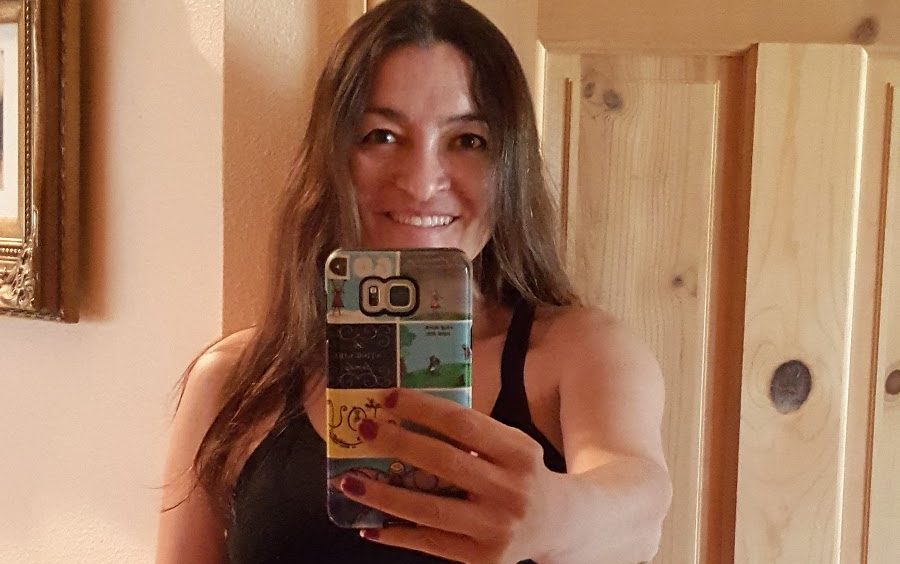

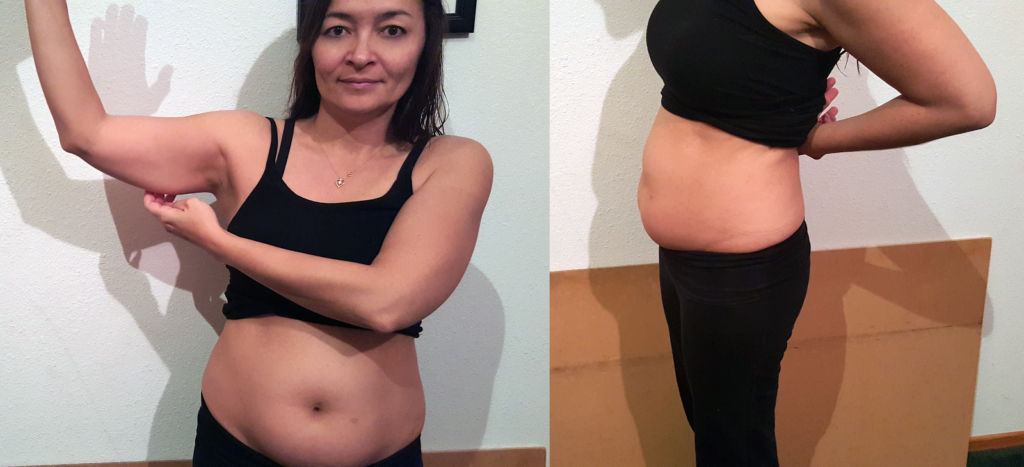
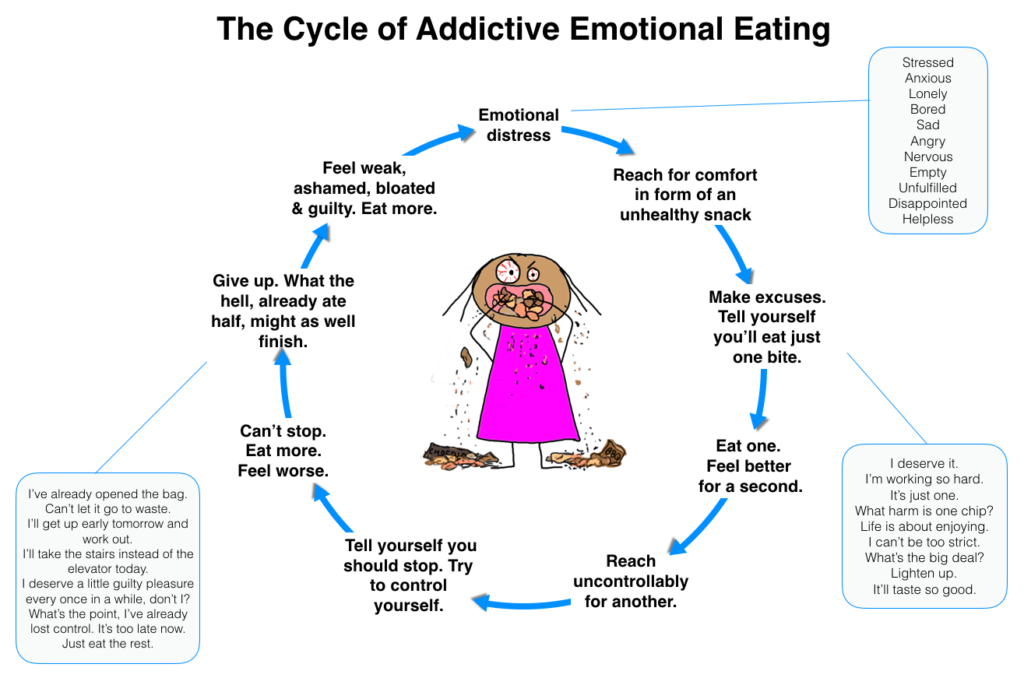
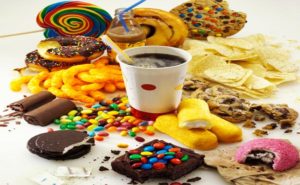
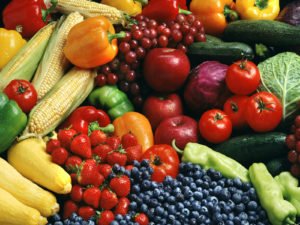
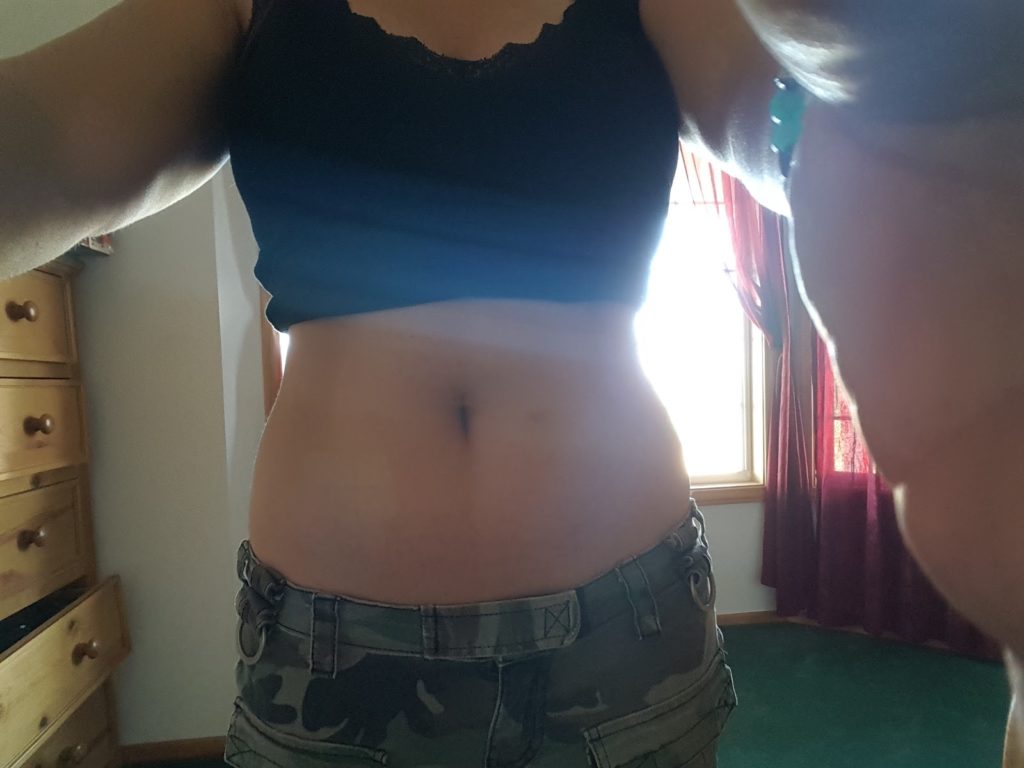
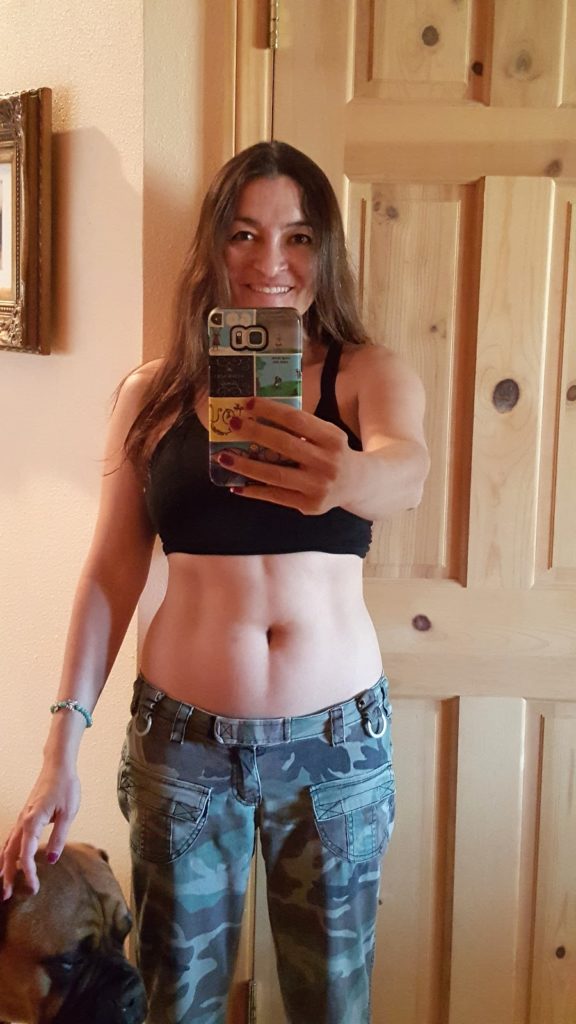
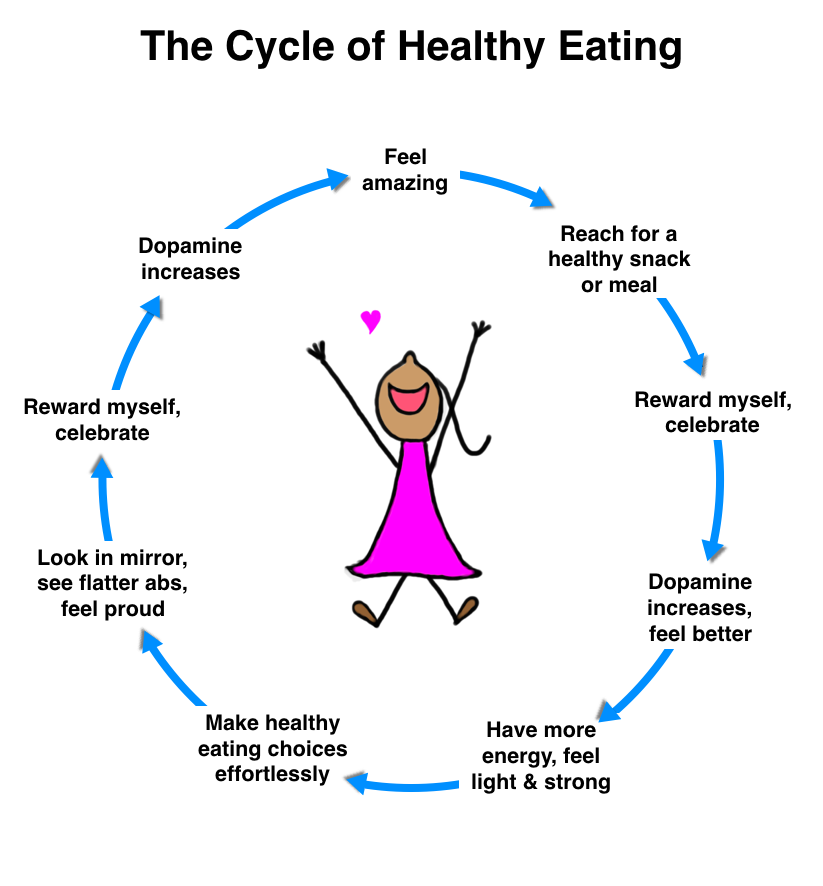
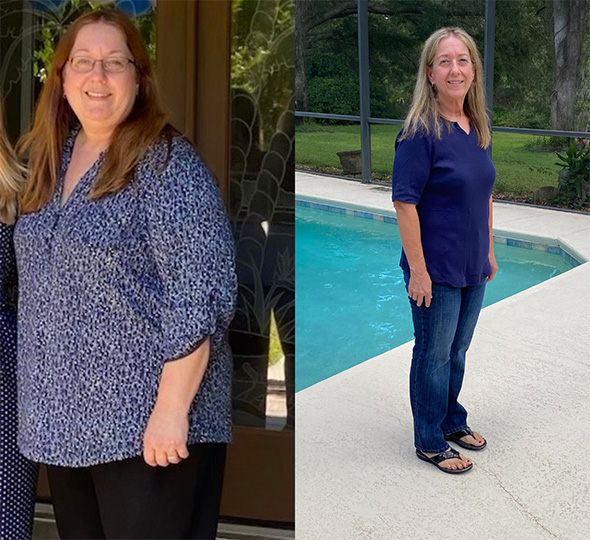
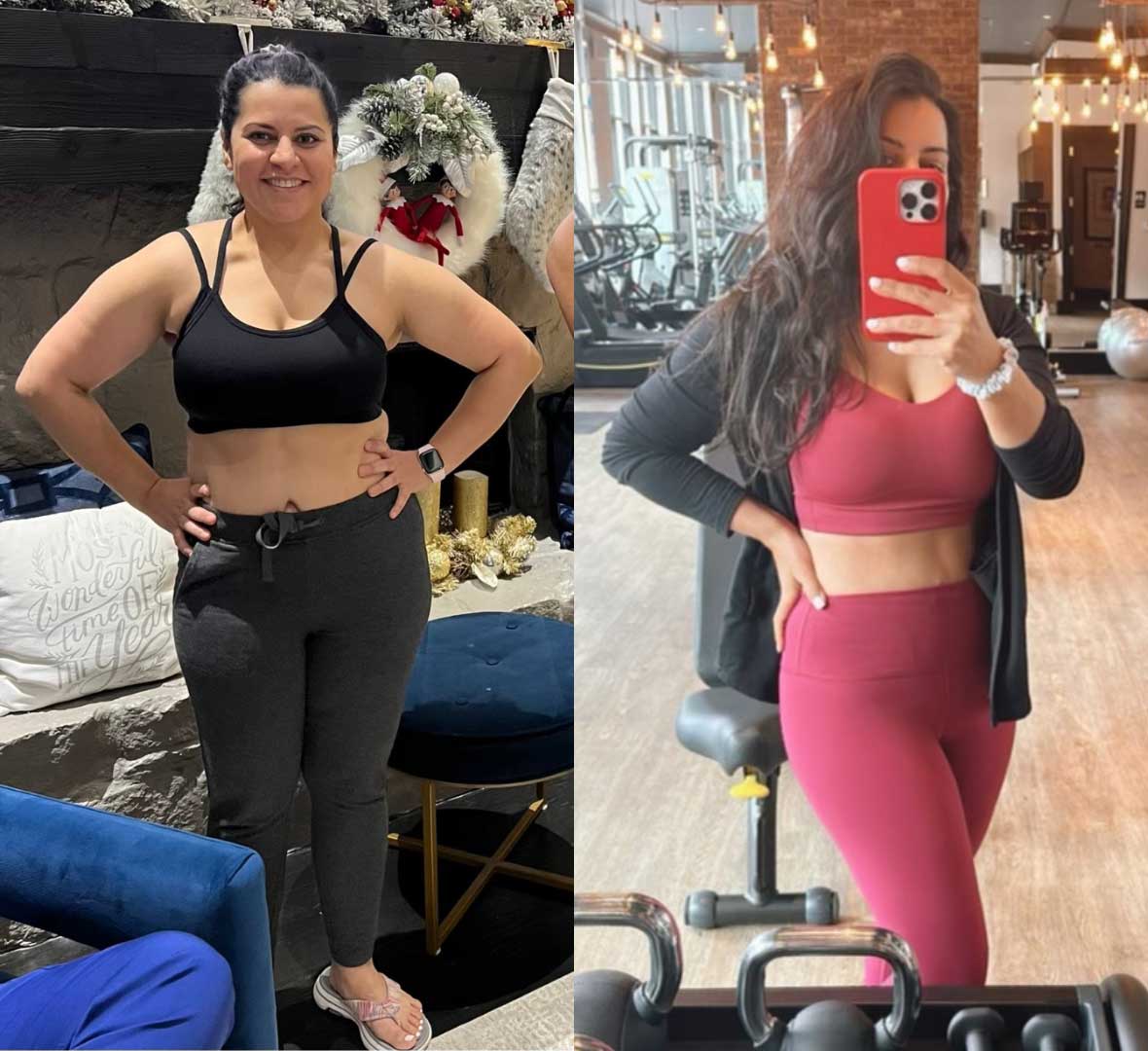
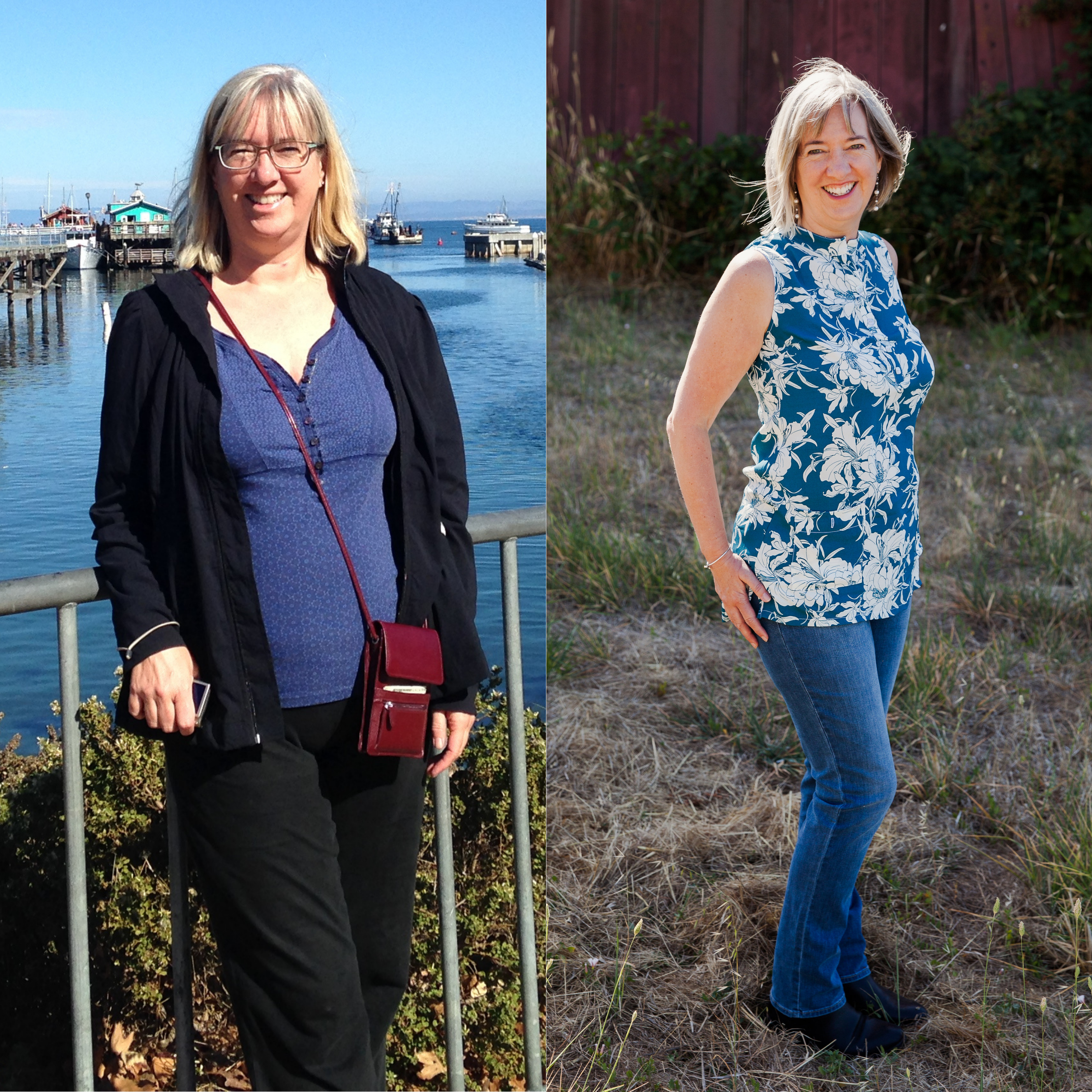
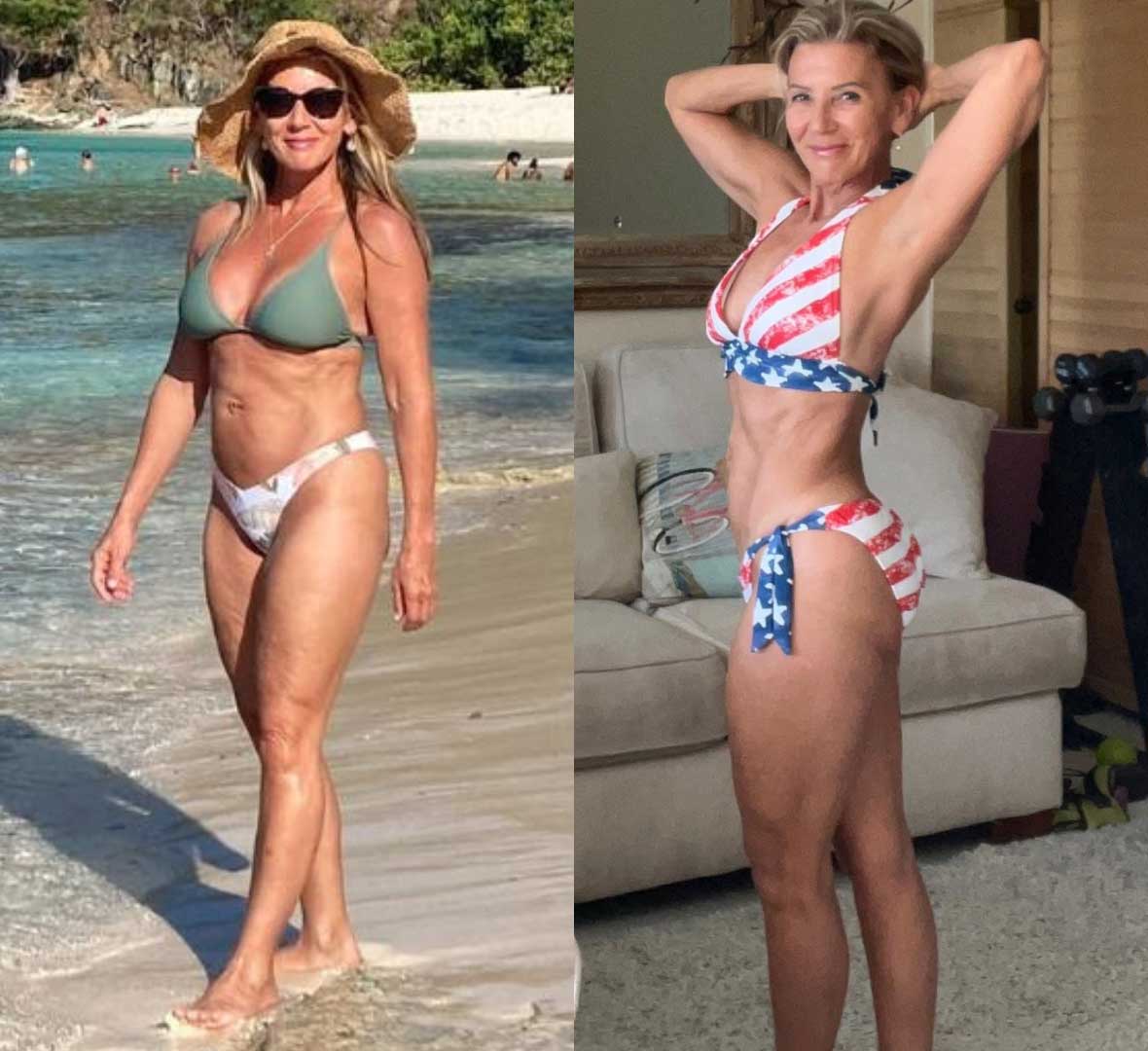
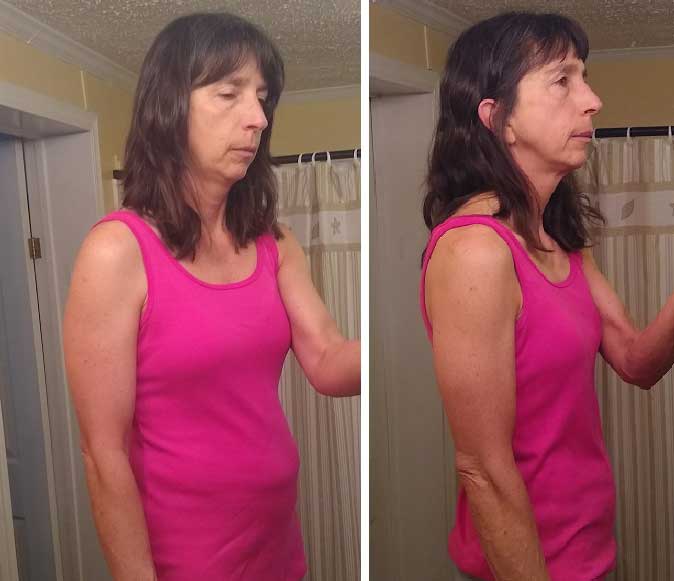
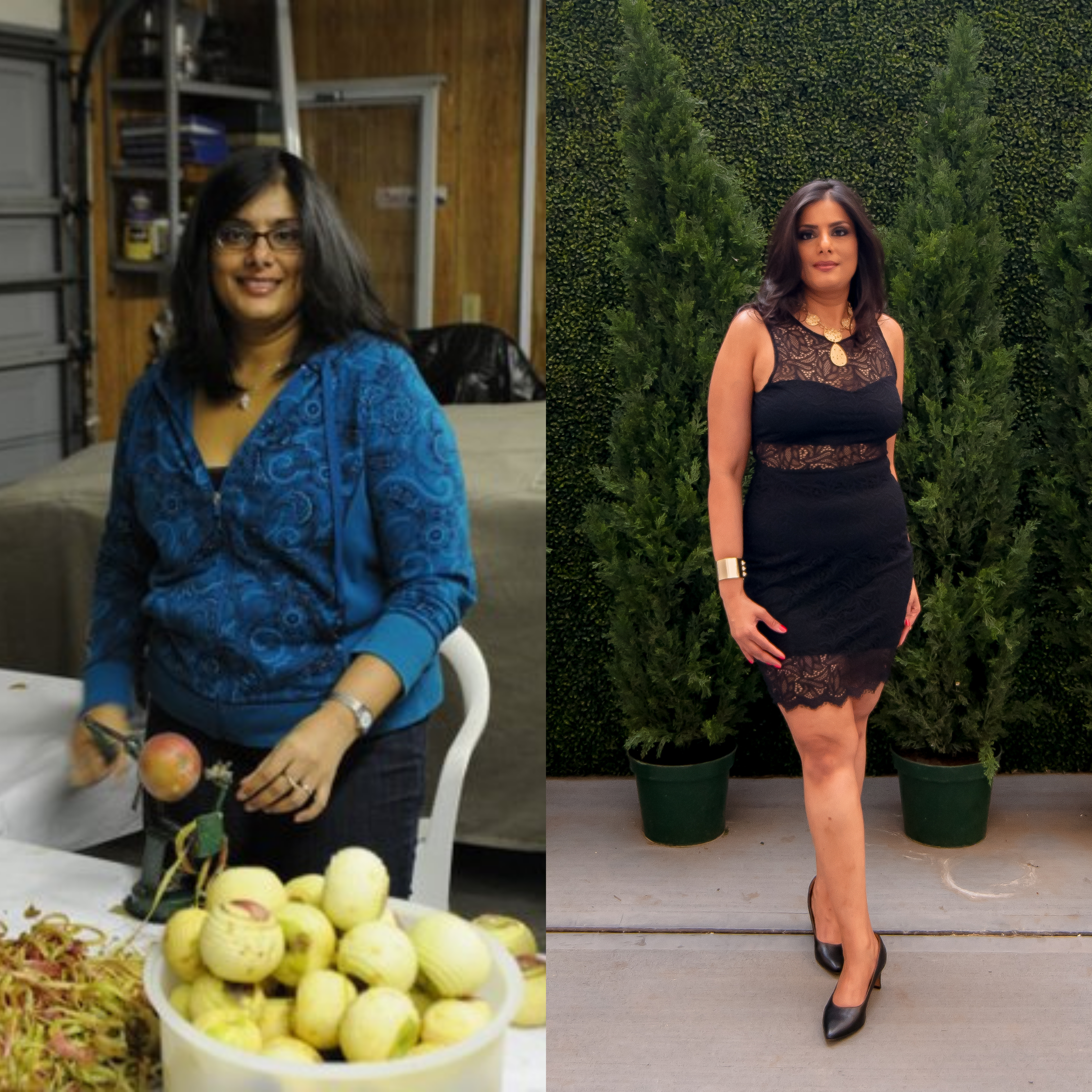
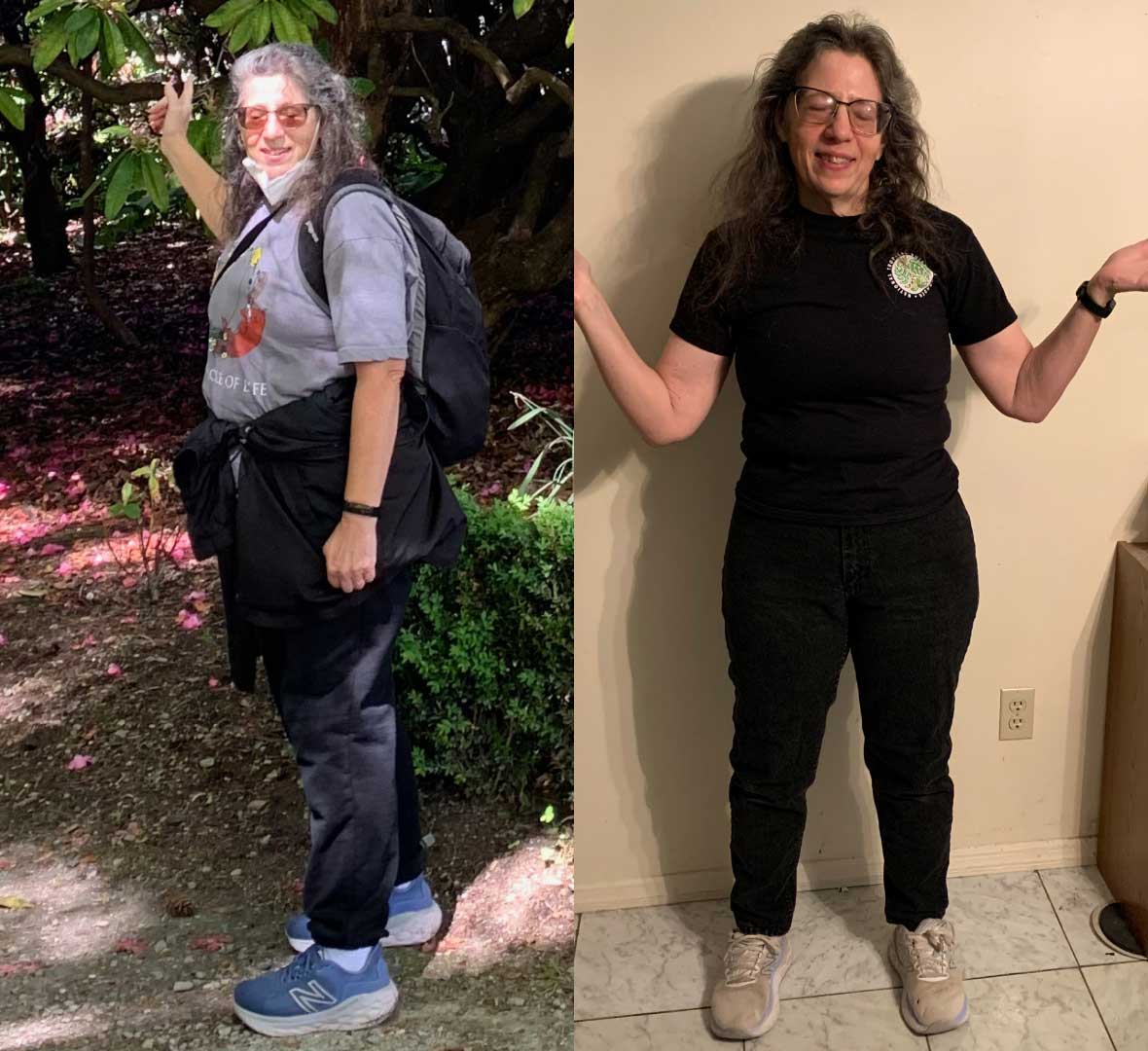
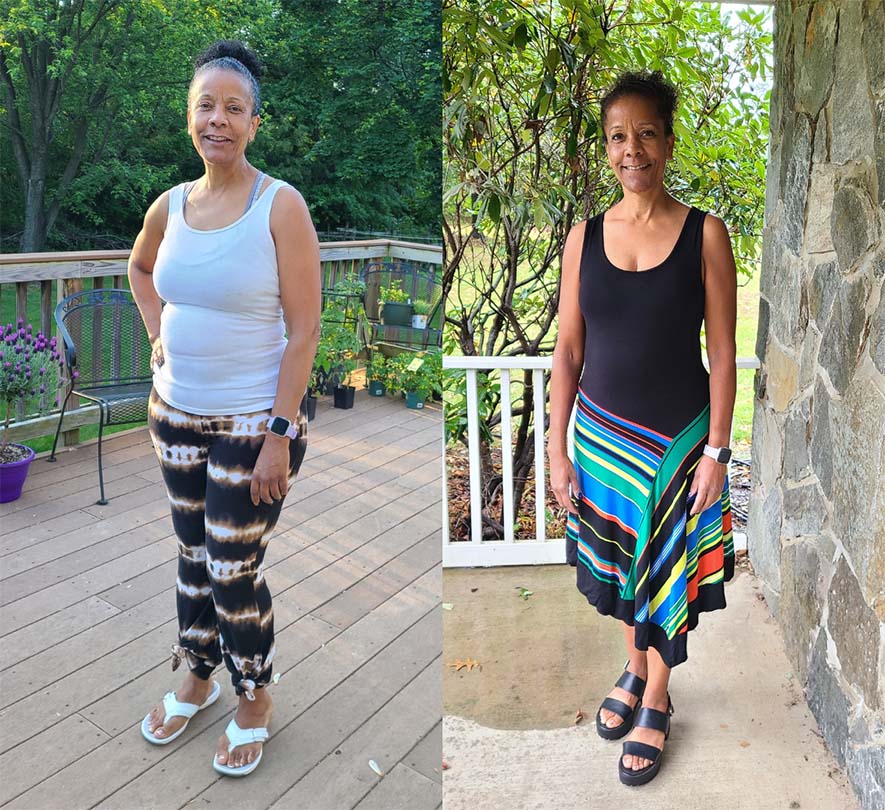
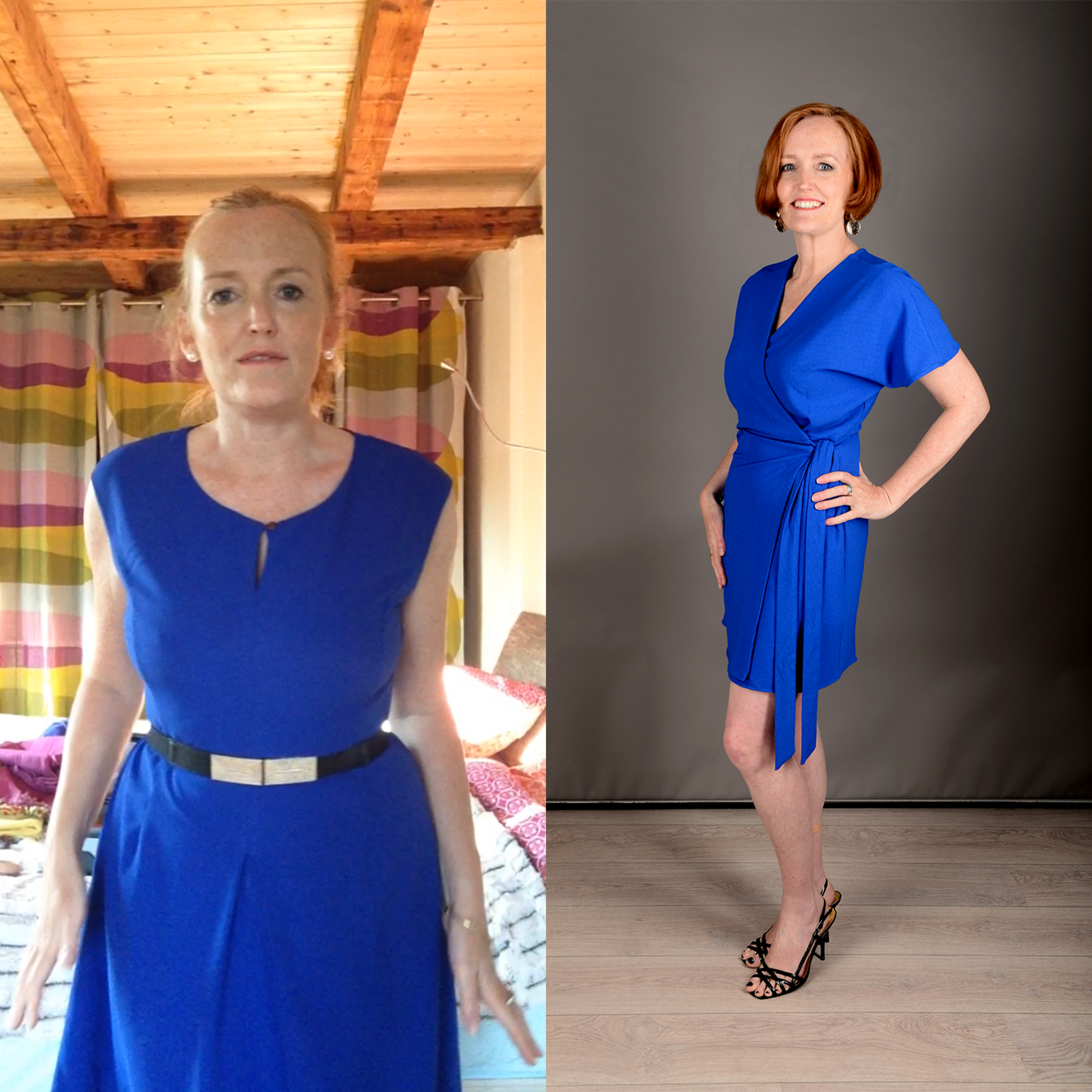
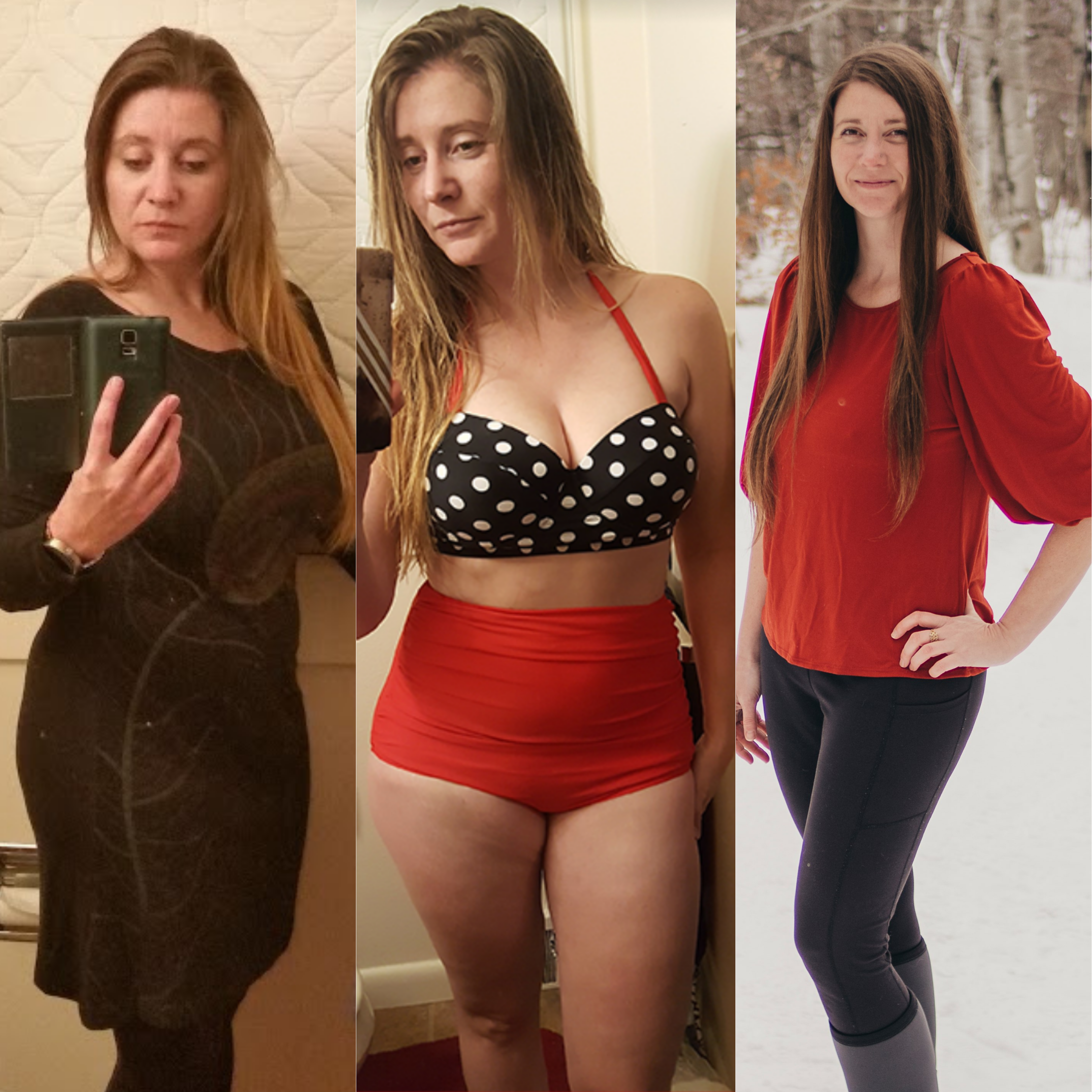
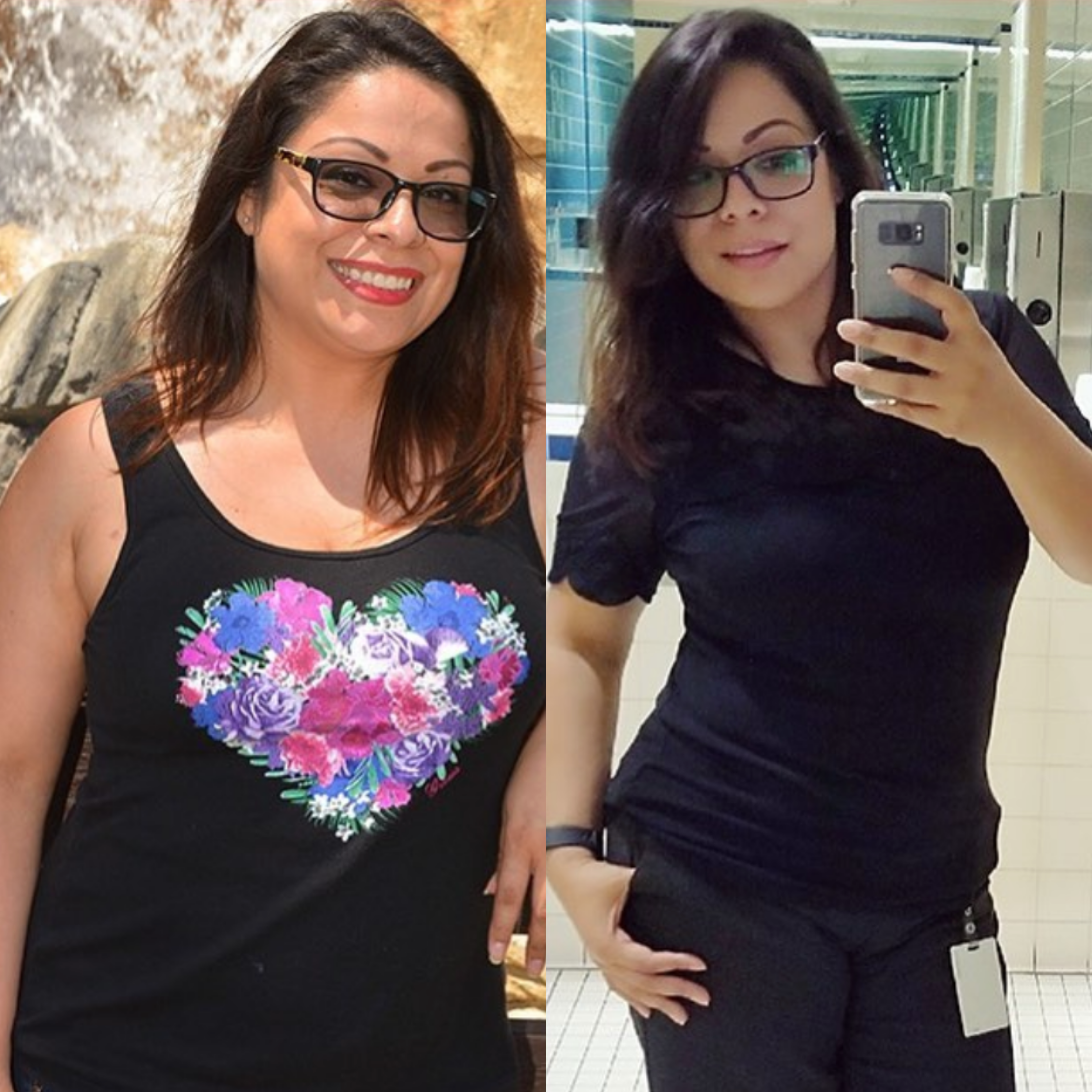
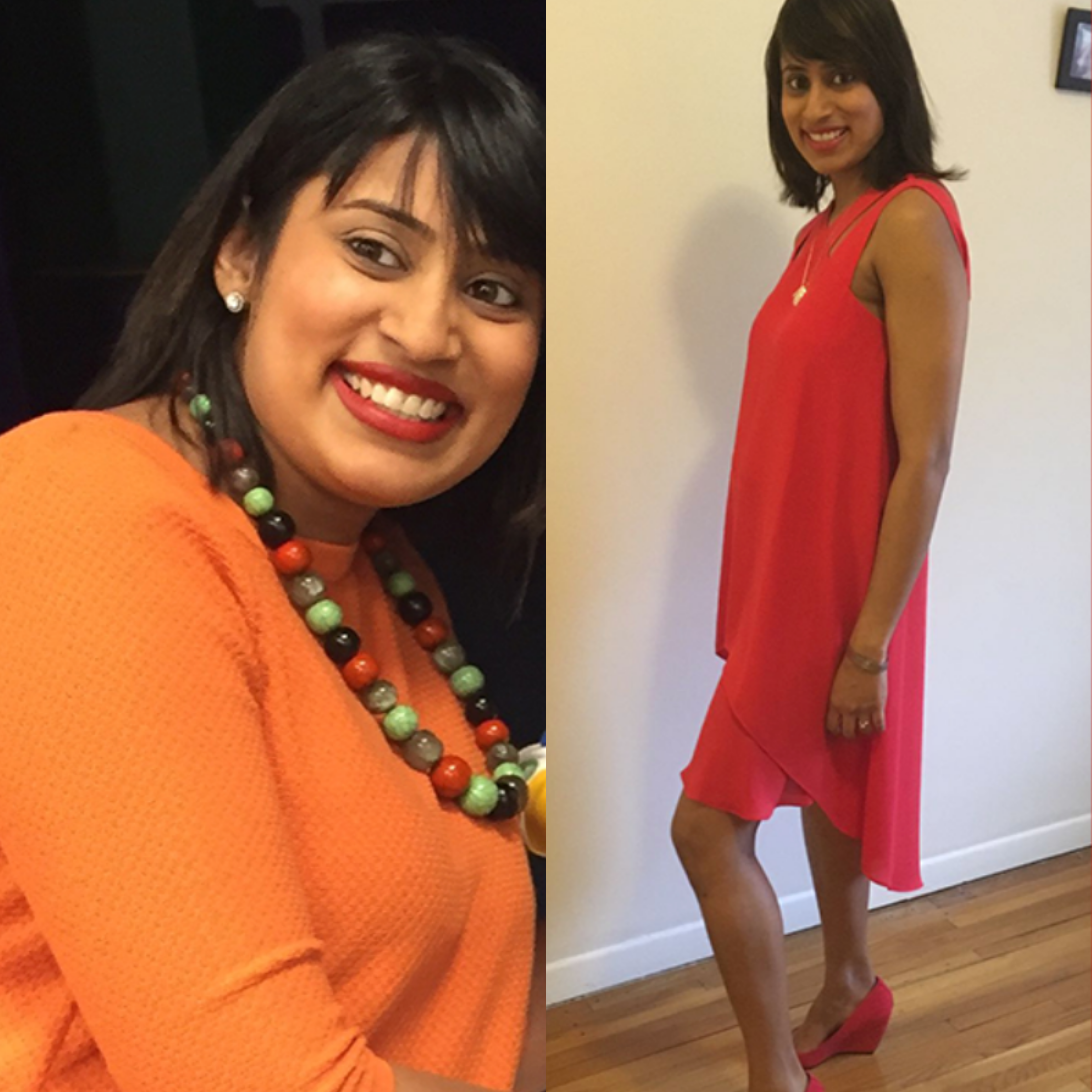
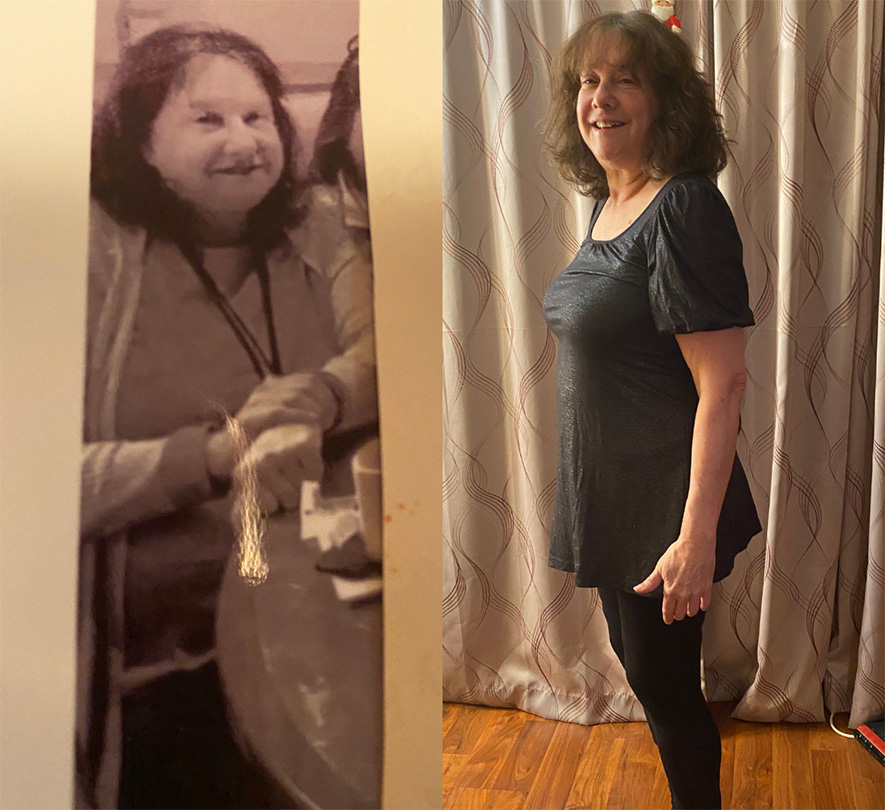
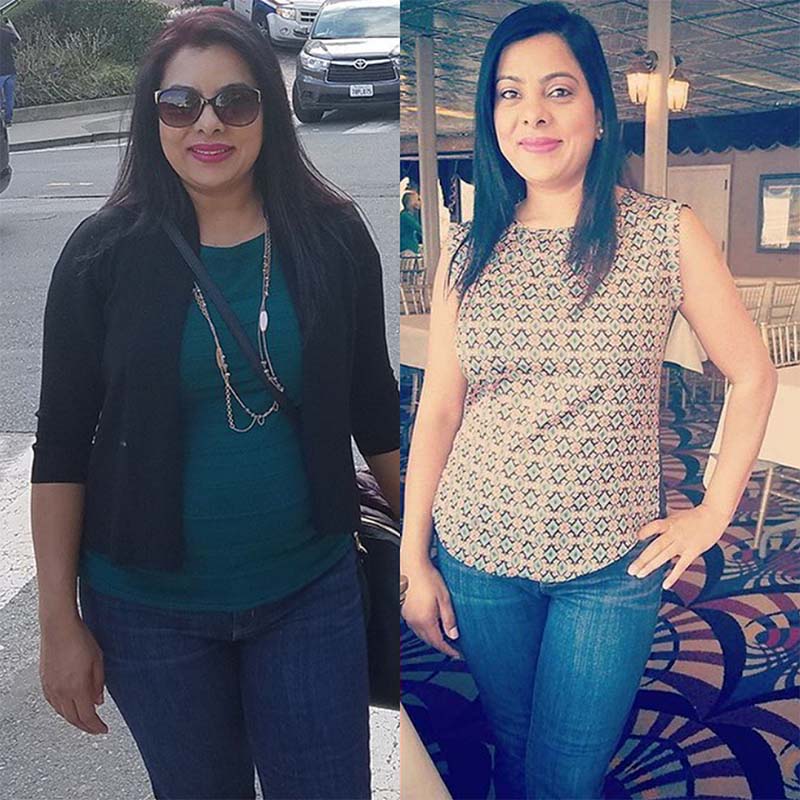
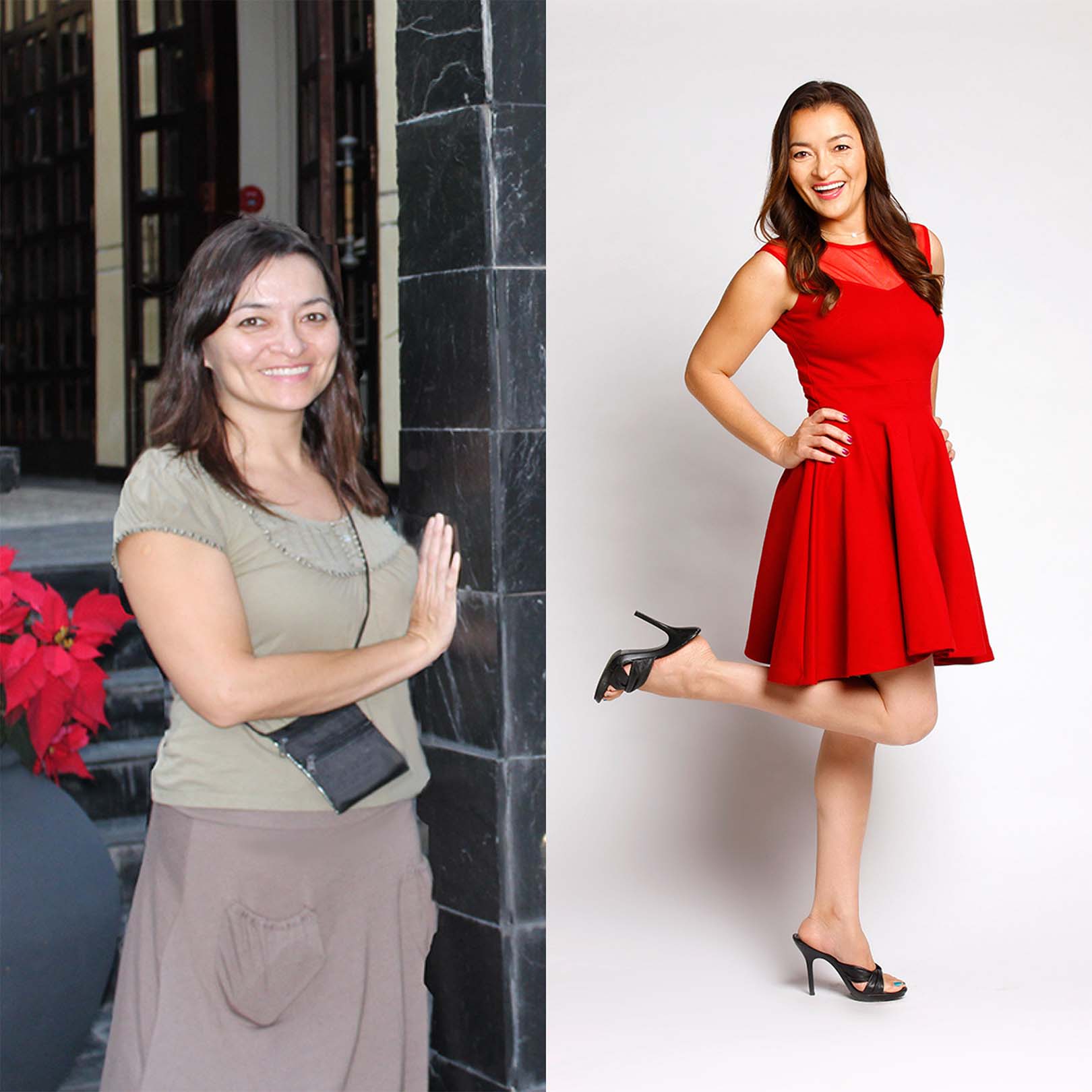
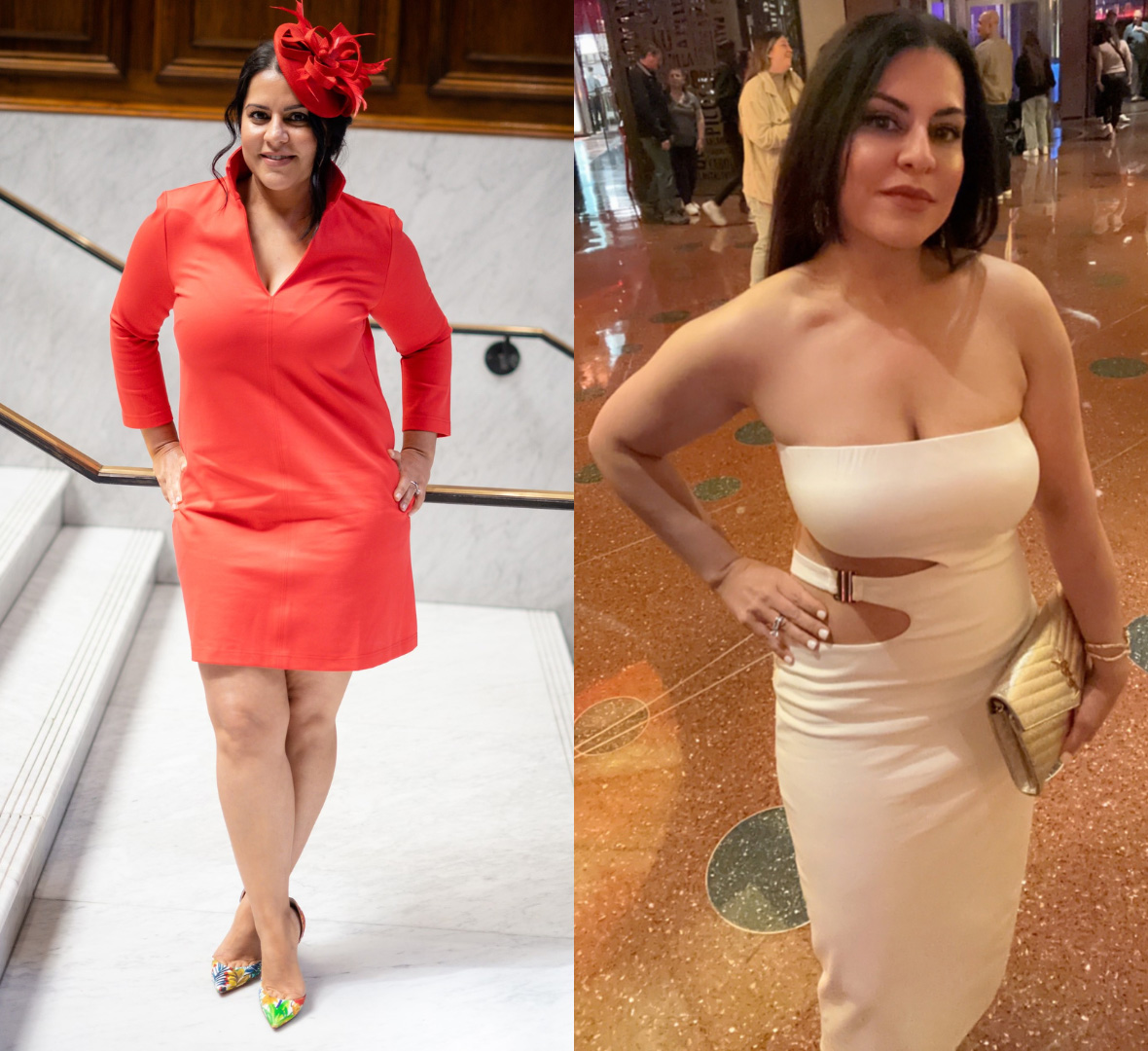
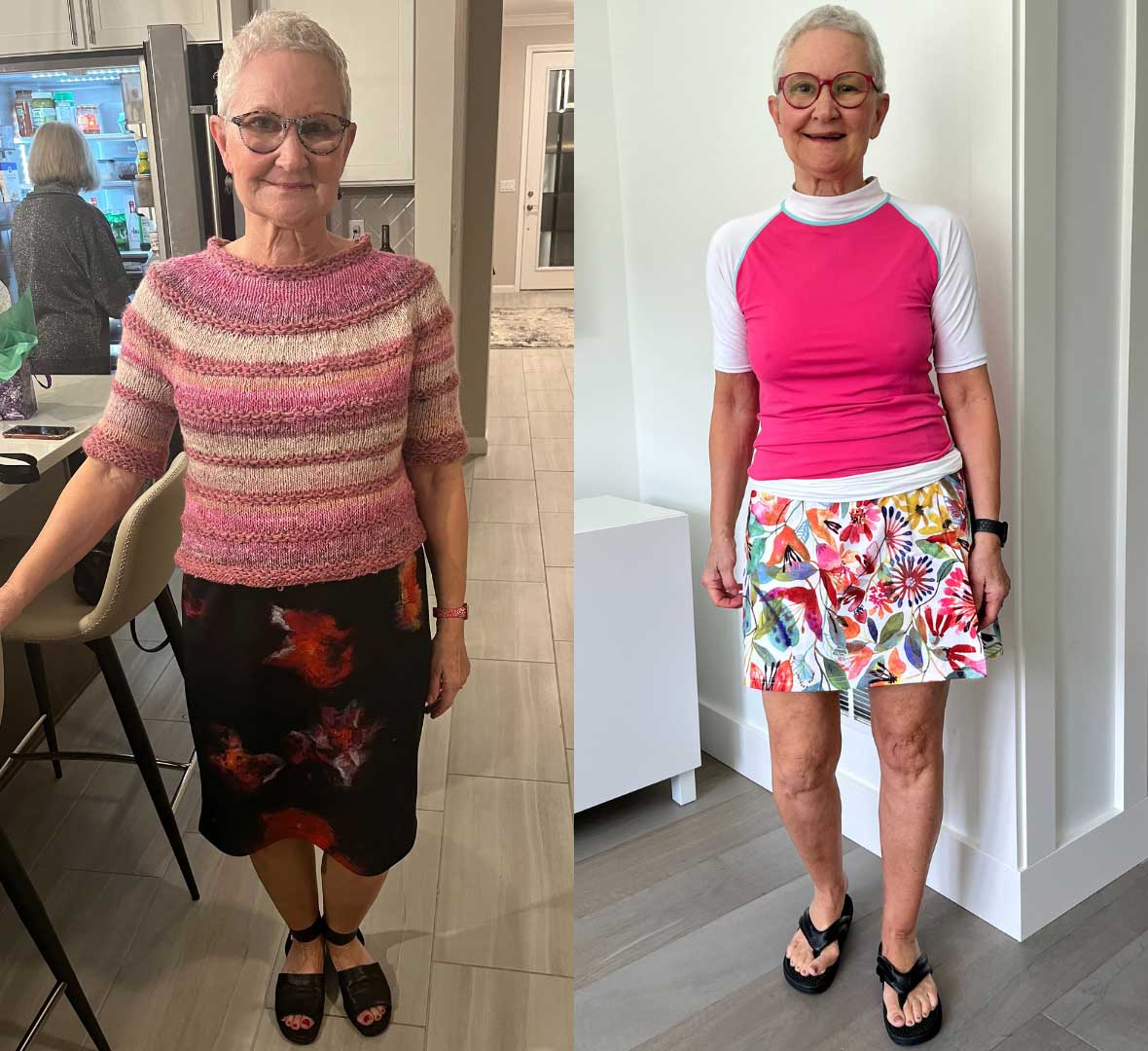
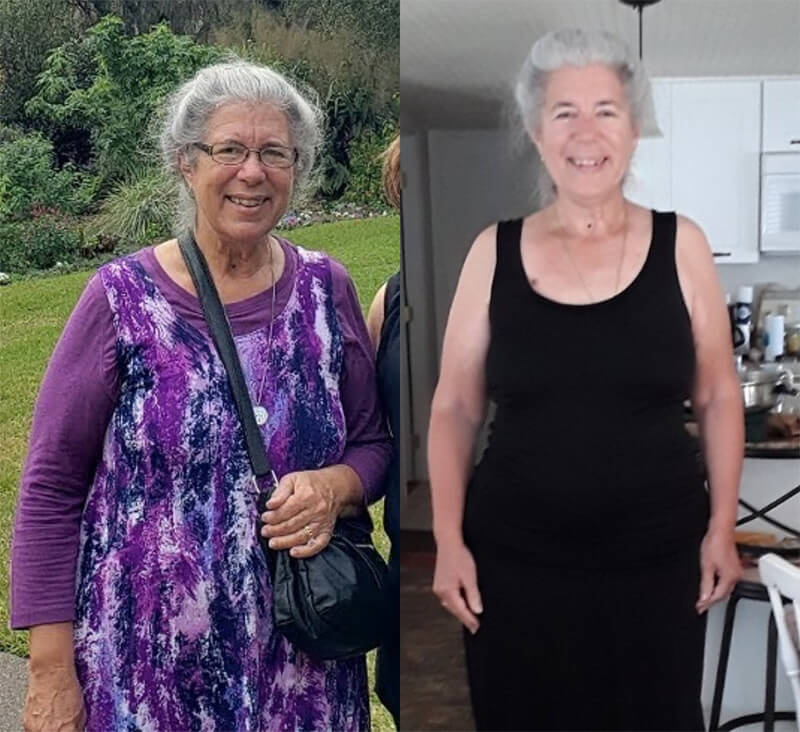
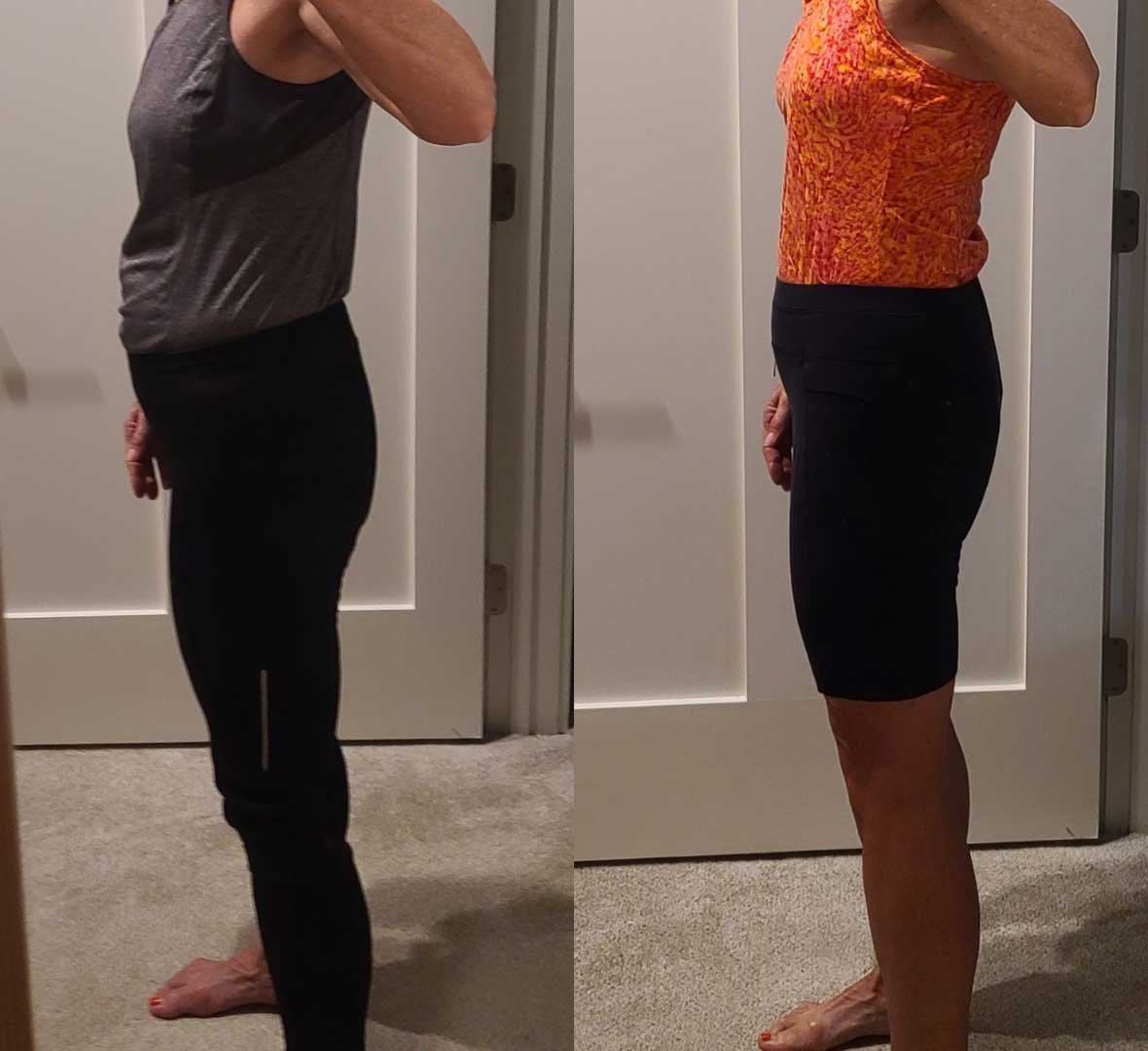
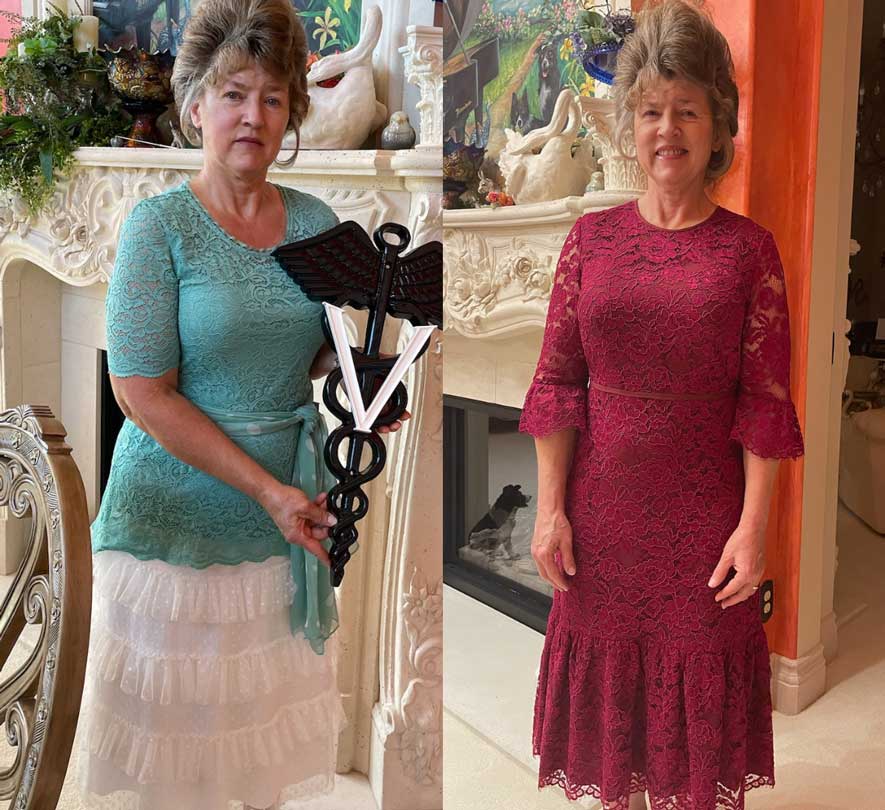
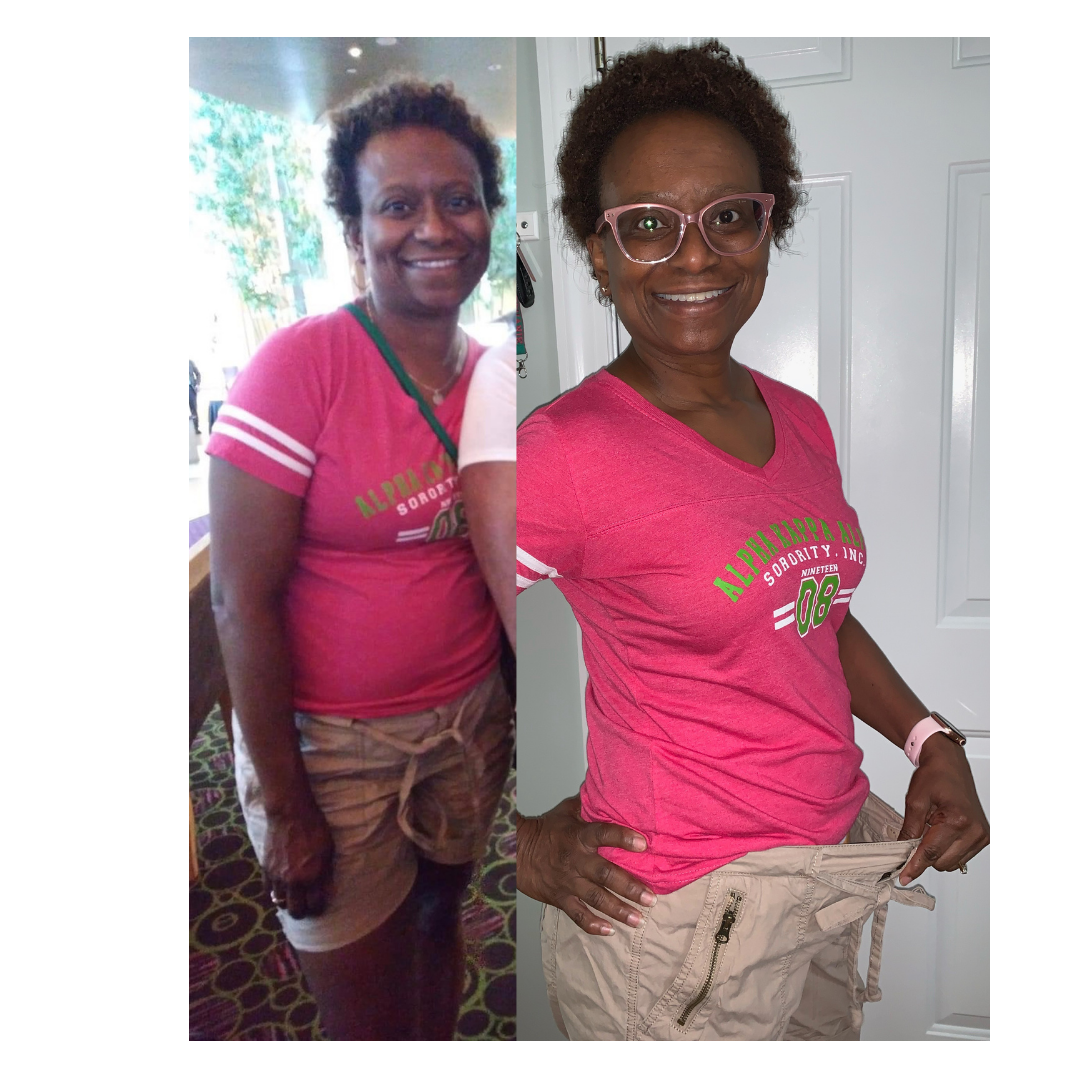
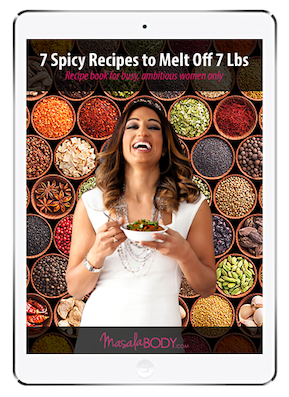


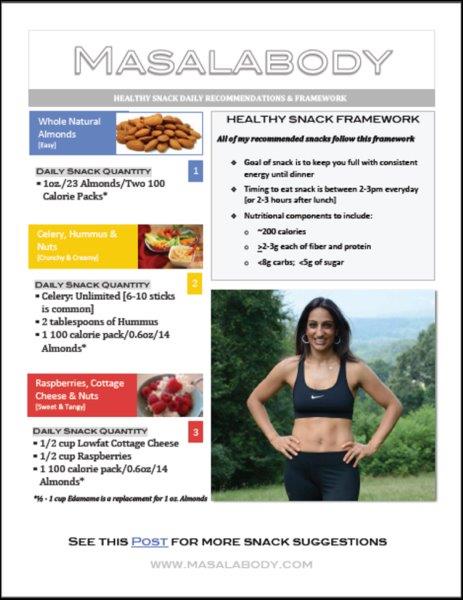
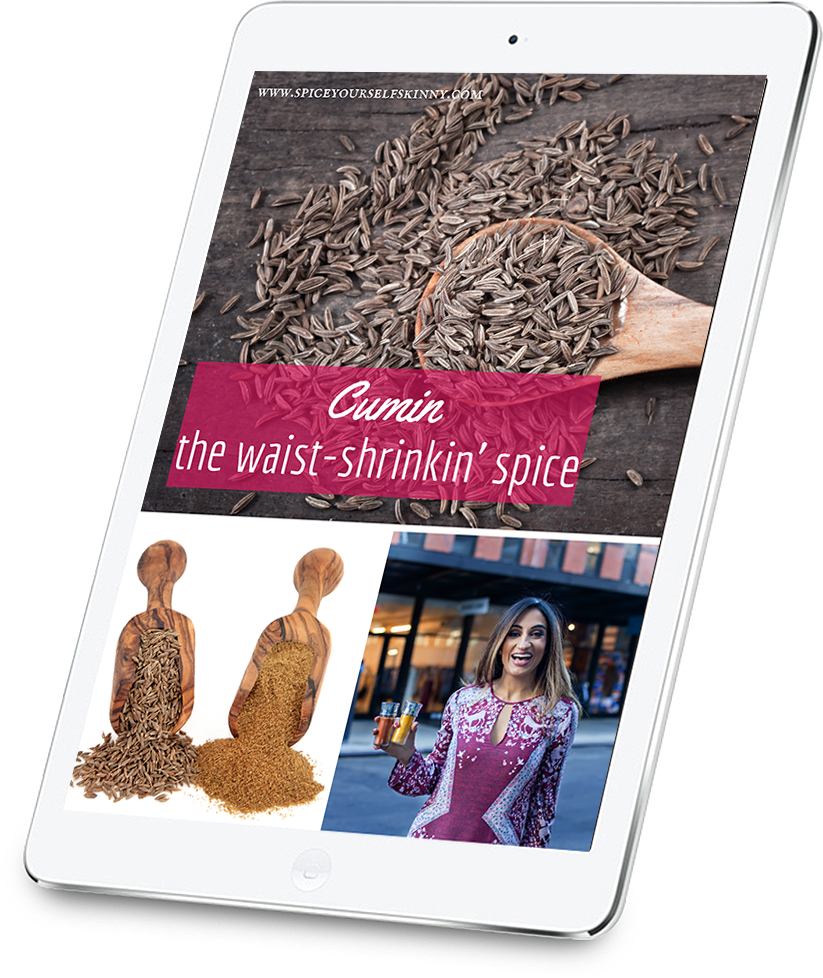
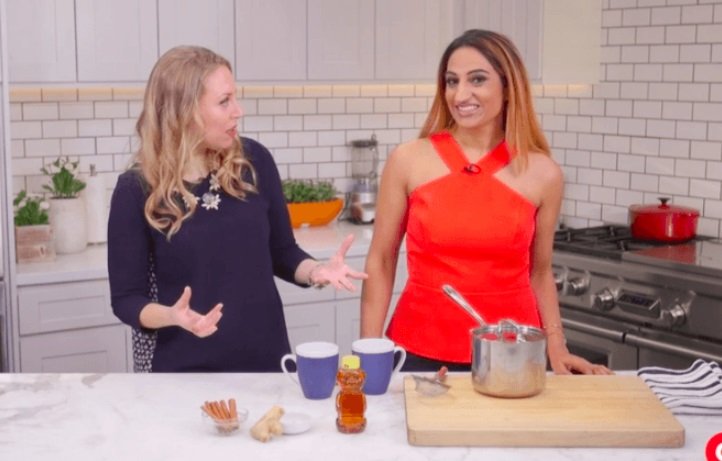

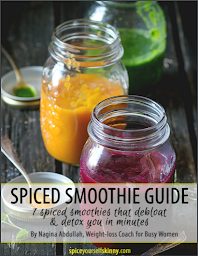
Wow, Tree! What a brave post. I’ve struggled with this myself and am happy you’ve written about this. It can be hard to regain control and I wholeheartedly thank you for sharing your tips – I can’t wait to use them myself!
Thanks so much Gen! I’m so glad this was helpful to you.
Hey Tree,
Well…you hit the nail on the head for me. I too am…or rather WAS a chip bagger…literally pounding back the chips until the entire bag was gone. A bag would never last more than one day in my house. So much of what you wrote made complete sense. The idea of it being a moment when you are “in control”…but really you aren’t.
I also totally heard myself when you kicked things off, “My double-crossing hand kept shoving the BBQ potato chips in my mouth even though my brain was screaming to stop.” Damn…that was so me too.
Thank you so much for writing such an honest, relatable account of your journey with weightloss. It is refreshing to see behinds the scenes and hear the mental BS that others think. Makes me feel not half as alone. 🙂
Thank you Diana! I so appreciate your support. Looks like your double-crossing hand and my double-crossing hand have gone on permanent vacation together. 🙂 I’m elated that you’ve been able to put this behind you.
Holy, cow! Awesome post on so many levels, Tree.
I never thought to reward myself for eating healthh. I always think I’m “rewarding” myself with junk food after doing some good like working out or starving myself for an entire morning. I’m gonna start rewarding with positive self talk before and after eating food that makes me feel good so I don’t suffer the consequences for food that makes me feel crappy.
Thank you so much for writing this. You look gorgeous!!!
Thank you so much Max! That was all Nagina’s doing – teaching me to reward myself with feeling good instead of eating junk. Would love to hear how your new reward system works for you! Please come back and keep us posted.
Tree – I have to say first that BBQ potato chips are my weakness too! Oh, how I love them! Secondly, I appreciate your research. The science behind this is mind blowing. I’ve heard about the dopamine and endorphins that our body produces, but I have not heard that we can actually do things to cause our bodies to produce them when we need it. (Other than running and working out every day which is not an option for me because it hurts!) I remember last night, I felt so good about eating healthy with Nagina’s meals. Tonight, I was bummed out because I felt fat and ugly, (even though I stuck with Nagina’s program all day) and I had this article to read!! Dang that self-loathing creeping in!! I would never have thought to apply the steps you taught me in your course to handle my Emotional Overwhelm to help me with my emotional eating. One thing I have been worrying about is that I love having a glass of wine or two every evening and I look forward to it but I know wine is not the best thing for me, especially when I want to lose weight. After I read your article tonight, I now feel that I can save that glass for my “cheat” day and I am relieved because that stress is gone! Tree, thank you for helping us by sharing your life so beautifully and honestly! xoxoxo
You’re very welcome, Claire! Know that there will be ups and downs (maybe quite a few of them) in the beginning as you get used to the new, healthy way of living) but it will smooth out quickly. Also, I think red wine is on the good list, you may want to double check with Nagina on that. Maybe not a gallon a day, ha ha, but check in with her, I recall that being OK on her 10 week program.
Thank you for sharing!
Where did you obtaing the image of Cycle of Addictive Emotional Eating for a Overeaters Anonymous newsletter based in St.Louis? May we use it? We are a non profit and our circulation is about 300.
Thanks for your consideration.
Pat O.